

Bright Futures: A Transitional Resource Guide is a collection of stories and recommended resources shared by caregivers of children with Down syndrome (DS), focusing on key life transitions, including starting school and transitioning to adulthood. This guide serves as the Capstone Project for Dr. Leslie Ann Ayala, a 2025 graduate of the Doctor of Occupational Therapy (OTD) program at the University of Texas at El Paso (UTEP).
Occupational therapists (OTs) are healthcare professionals trained to help individuals engage in meaningful activities through therapeutic use of occupations, education, training, advocacy, group work, and virtual interventions. Their expertise in client-centered care and indirect services as transition managers positions them to effectively support caregivers during critical life transitions.
Guided by the Person-Environment-Occupation-Performance (PEOP) model, this project emphasizes the dynamic interaction between personal, environmental, and occupational factors, as well as the client’s unique narrative, to understand and enhance occupational performance.
Current research shows that caregivers of children with DS highly value information and support shared by fellow caregivers. Over 14 weeks, Dr. Ayala conducted interviews with caregivers, capturing their experiences, advice, and resources that helped them navigate key life transitions.
The goals of Bright Futures are to:
- Share trusted resources and insights from caregivers of children with DS
- Advocate for caregivers by providing a platform to share their stories
- Foster a sense of community among caregivers of children with DS in the El Paso community
- Highlight the role of OTs as transition managers and caregiver support professionals
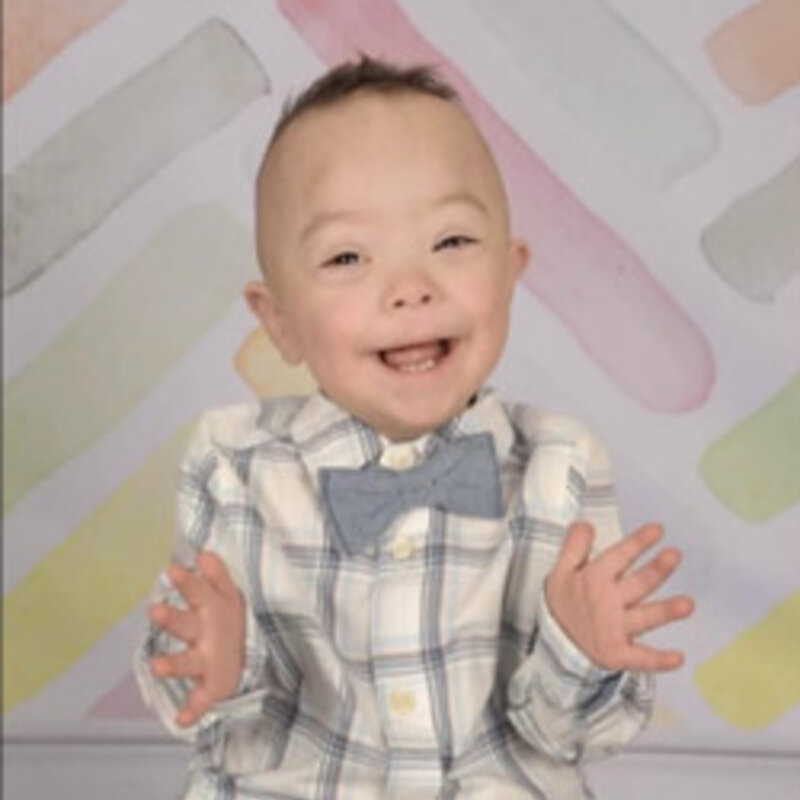
When you meet Michael, the first thing you notice is his bright smile and gentle spirit. He’s the kind of child who draws people in with his sweet and loving nature. For his mother, Laura, the journey to finding this nurturing space was unexpected but life changing. “Every Little Blessing (ELB) has been such a meaningful local resource for our family,” she shared. “It’s helped my husband and I learn so much and how to better support and understand our son. The routines and consistencies, like keeping a schedule, have guided us to help our son thrive.”
“My husband went to an appointment with his primary doctor,” she recalled. “But the primary doctor wasn’t there that day, so a substitute Nurse Practitioner saw him instead. She was the one who recommended ELB. She spoke so highly of the school and told me, ‘Look into it.’” That same Friday, the family took a leap of faith. “I called, scheduled a tour for Monday, I did the tour, and it was just perfect.”
ELB became more than a preschool — it became the heart of Michael’s early development and strong support for his family.
Michael began school at just 14 months old — an early start that, for his family, felt not only right but full of promise. At ELB, he didn’t just attend — he blossomed. “It’s incredible to see how far he’s come — playing with others, learning to share, and participating in individual and group projects,” Laura shared proudly. “Starting school so young has really helped him come out of his shell and allowed his personality to shine.”
“We appreciated the fact that ELB had a clear curriculum for toddlers with an intentional focus on early learning and development,” she shared. “Their approach to molding young children to be school ready, both academically and socially, gave us confidence that Michael would have a strong foundation for future education.”
It wasn’t just the curriculum that impressed the family — it was the culture of care. With a 3:1 student-to-teacher ratio, each child receives personalized attention. And for Michael, that meant the chance to grow in ways his parents hoped for.
What stood out most to Laura was something that can’t be written into a curriculum: the genuine love and passion from the educators. “You can tell the teachers truly love what they do,” she said. “They consistently go above and beyond to create a nurturing, engaging, and safe environment for the kids.”
For parents just beginning this journey — especially those navigating the transition to school — stories like Michael’s can be a beacon. ELB didn’t just provide early education; it offered community, understanding, and hope. Sometimes, all it takes is one conversation with the right person — a Nurse Practitioner in this case — to open the door to something life-changing. And behind that door? A place where little blessings grow into big breakthroughs.
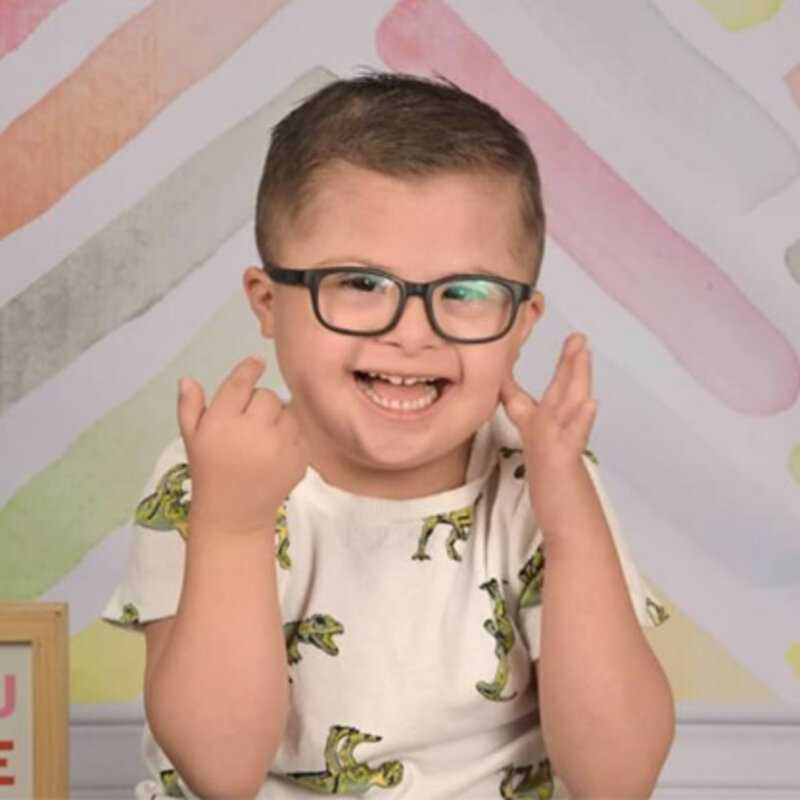
Lydia describes her journey navigating special education for her son Noah, who uses an Augmentative and Alternative Communication (AAC) device to communicate. She praises the support she’s received from the PEN Project, a nonprofit offering Individualized Education Program/Admission, Review, Dismissal (IEP/ARD) education and advocacy for parents, particularly from Bonnie, who is going to help her learn how to separate emotion from advocacy. Through PEN Project parent nights, presentations, and one-on-one sessions, Lydia has learned how to better advocate for Noah, particularly by “taking out the feelings.” Lydia says, “As a parent, it’s easy to get defensive so you have to take the feelings out and just talk about the educational part. That’s what I’m trying to learn. Aside from getting Noah’s AAC device into his IEP, I want to learn how to take the feelings out of it, and that’s really hard for me because I’m his mother. I’m sure that’s hard for everyone.”
Lydia’s main concern is finding a school that will consistently provide Noah access to his AAC device, which is essential for him to express himself and avoid behavioral misunderstandings. “My main concern is that you won’t know that Noah knows the alphabet and phonics unless he has his voice (i.e his AAC device). You won’t know what he wants, what he needs, if something is hurting him, if he needs the potty, or a diaper change. Noah will say, ‘I feel frustrated’ and then we know we have to do something before he has an outburst or a tantrum. If he doesn’t have his voice, he’s not going to be able to communicate that and then how many calls am I going to get? You can’t kick Noah out when you’re not meeting his needs.” While some schools do not understand AAC devices, her goal is not to have teachers operate the device—just to ensure Noah has consistent access to it. “They don’t have to know how to use it. All you need to know is that he needs the AAC device to talk to you.” Lydia utilizes the Language Acquisition through Motor Planning (LAMP) program on Noah’s device, which tracks data on his communication use to monitor his needs. “There’s a program on Noah’s device called Realize Language that tracks what Noah says all day and we use it for data collection. We can see what words Noah uses the most at certain times of day. Realize Language tracks every detail and does word bubble charts and everything. It’s super cool. So if Noah doesn’t use it at school then we’ll know because that data logging is going to show that there was no activity at specific times.” Lydia also completes trainings through The Center for AAC and Autism to continue learning about the LAMP program.
Despite the school system’s complexity, Lydia is committed to advocating for Noah and educating herself on AAC devices so she can continue advocating for her son and support others in similar situations.

For Andrés and his mother, Ivonne, the journey toward school readiness started with uncertainty—but led to confidence, connection, and joy. Ivonne shares her story of how Every Little Blessing (ELB) changed everything for her and her son, Andrés.
After the pandemic, Andrés had little social interaction and struggled with loud environments and large groups. Ivonne says, “ELB has helped him socially because at first, he seemed afraid when more people were around him. At first, we thought it was because of the pandemic since he had been isolated for so long. Later, we started to think it might be autism. But regardless, ELB helped him start tolerating noise and being around more people.”
The first visit to ELB was a turning point. As soon as they walked in for a tour, Andrés headed straight into the classroom on his own. “He went in like it was his home,” she said. “In that moment, I knew—whatever it takes, the distance, the wait—it’s worth it.”
Over the two years he spent at ELB, Andrés made incredible progress. “He’s a child who loves routine,” his mother explained. “And here, from the moment he walks in the door to the moment he leaves, he knows what to expect. That’s helped him stay calm and learn how to wait for instructions.”
Ivonne remembers being surprised by how quickly he adapted. “I told his teachers he didn’t eat by himself, didn’t even hold a spoon. That first day, his teachers sent me a video of him picking up the spoon and feeding himself. From there, he just kept growing.” Andrés also learned to ride a tricycle, sit patiently during nap time, and follow classroom routines—all skills that will help him transition into public school.” The opportunity to have Andrés in a small, nurturing school made a deep impact. “Here, they give each child attention one by one, depending on what they need. ELB helped prepare Andres in a way I never could have done alone.”
Ivonne encourages other parents to seek out similar programs before starting public school. “Even one year in a school like this makes a big difference. It’s not the same as sending them straight from home to a big school where they might feel lost.”
As Andrés gets ready to graduate from ELB, his mother is filled with both pride and emotion. “I’m very happy and very grateful we were given this opportunity.” Ivonne is grateful for this strong start, and is confident Andrés is ready for whatever comes next.
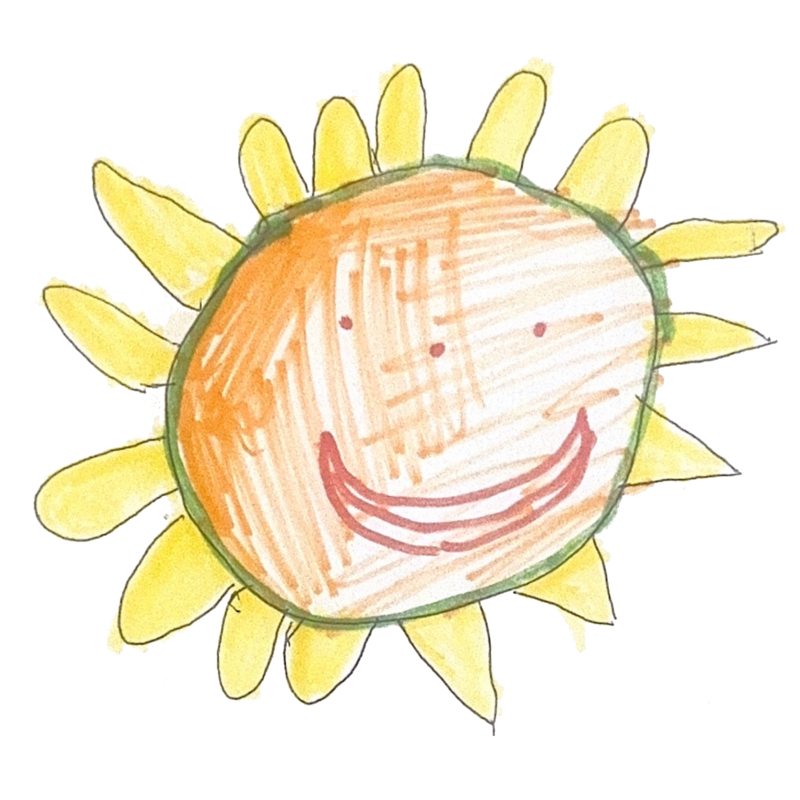
Jana embraced the journey ahead with determination and hope when her daughter was born. Newly relocated to El Paso and navigating motherhood for the first time during a pandemic, she quickly found invaluable support through local programs including Early Childhood Intervention (ECI), Gigi’s Playhouse, and from fellow caregivers of children with Down syndrome. Jana says, “When we left the NICU, I was given pamphlets about Gigi’s Playhouse and ECI. …the NICU was very resourceful for me.”
Thanks to early evaluations and therapy from ECI, Jana’s daughter received the foundation she needed to thrive from physical and occupational therapists and speech-language pathologists. Jana recommends to fellow caregivers to “start early with speech, occupational, and physical therapy because they are the foundation to success for your child. It helps them strengthen core muscles required to eat, sit up, participate in activities, walk, run, and jump.” In addition to utilizing ECI services, Jana enrolled her daughter in Gigi’s LMNOP: Laugh, Love Learn therapeutic program for infants-three years old to learn basic sign language and other forms of communication using music and language based activities.
Jana was connected to a welcoming community of families who shared experiences, advice, and encouragement. Jana highlights the importance of building connections with fellow caregivers of children with Down syndrome. “Your support group should be other parents whose children have Down syndrome, that is your best local resource,” Jana says, “especially if your child is a little younger and other children have already gone through what you’re getting ready to go through, those parents are definitely the best resource because they have been there, done that, and they can walk you through it.” With recommendations from ECI, Google searches, and her community of fellow caregivers, Jana found Every Little Blessing, a preschool tailored for children with Down syndrome. Here, Jana’s daughter found a nurturing environment with small class sizes and dedicated teachers. Local organizations, like the Down Syndrome Coalition for El Paso (DSCEP) and Region 19 parent conferences, offered further opportunities for Jana and her daughter to learn and grow.
Looking ahead to first grade, Jana is exploring inclusive classrooms such as Kinder Collaborative, where children with special needs learn alongside their peers with support from paraprofessionals. Though choices can feel overwhelming, Jana remains optimistic. Jana says, “My daughter knows her ABCs, how to count to ten, recognizes her numbers, and she’s speaking three-four letter sentences. She’s walking, running, feeds herself, and drinks out of an open cup… she’s just like any other child.”
Jana encourages other caregivers to start early with therapies, seek knowledge, build strong support networks, and to always advocate for your child. Jana says, “Always trust your intuition and become knowledgeable on your child’s diagnosis. Don’t be discouraged when people think that because your child has Down syndrome that they’re not capable, because they are very capable.”
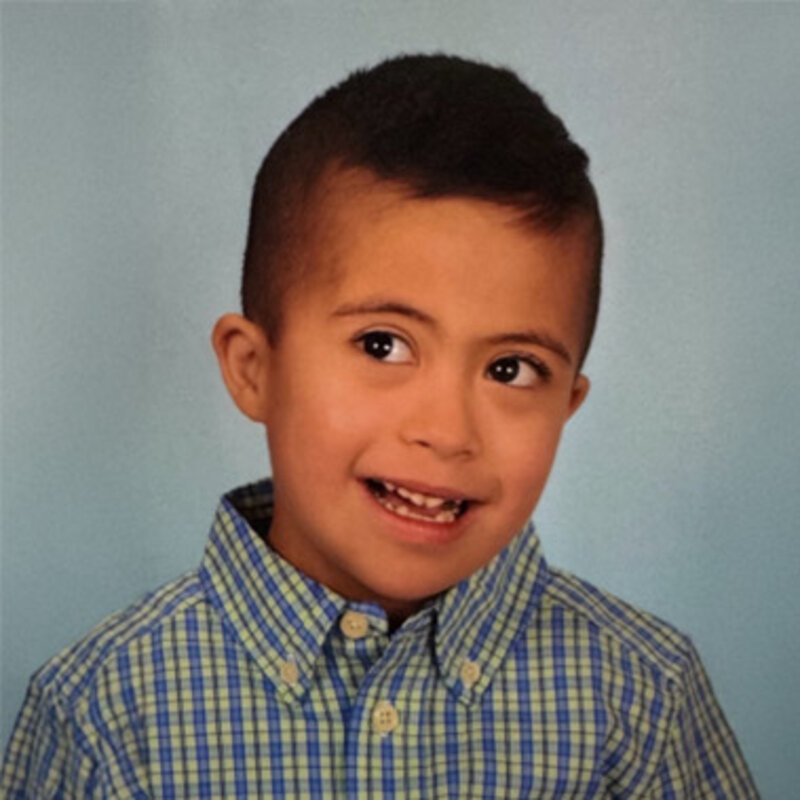
When Victoria’s grandson Miguel was born in 2017, he brought a new kind of joy and love into her life—and into the lives of their entire family. Miguel was the first child in Victoria’s family to be born with Down syndrome. While his diagnosis came as a shock, Victoria’s response was driven by love, faith, and determination. Victoria says, “we were confused at first, and we cried a lot, due to the unknown and how we would navigate his diagnosis. But we’re faithful people, and we believed God had a purpose. I knew I had to learn everything I could.”
From the very beginning, Victoria made it her mission to understand how to best support Miguel. She read books, joined Facebook groups for parents and grandparents of children with Down syndrome, and started looking closely at Miguel’s development. She noticed early signs—like the fact that he scooted instead of crawled and didn’t point to objects. These observations helped guide her to ask questions, seek therapy, and advocate for early intervention.
One of the greatest lessons Victoria has learned is that no two children with Down syndrome are the same. She says, “I thought all kids with Down syndrome were the same because they had the same diagnosis. I didn’t know. I had to educate myself. Miguel is nonverbal—but he’s very smart. He memorizes colors, numbers, and songs. He understands so much.”
Despite being nonverbal, Miguel is very social. He uses an Augmentative and Alternative Communication (AAC) device to communicate with his family, teachers, and peers. This device, introduced to the family by a teacher at Every Little Blessing (ELB) preschool, has become Miguel’s voice. He uses it to ask for things, express his needs, and even shares jokes with his grandmother. Victoria expresses how helpful she has found learning more about using the AAC device at parent nights hosted by ELB.
“The AAC device is a great tool for Miguel because it’s little, compact, and you can carry it. ELB has given classes in reference to learning the device. At first, we weren’t sure about the device, as we had concern that the device may limit his speech development more. However, we sat down with the teacher and learned how to use it—and I’m so glad we did. Miguel uses it to say ‘thank you,’ to tell us we’re being too loud, and even to talk about his favorite books.”
Finding the right educational environment made a world of difference for Miguel. Miguel is a 2025 ELB graduate and Victoria expresses how much Miguel has grown during his time in preschool. She says, “I’ve seen a lot of growth from Miguel at ELB. It was the first place where Miguel was surrounded by kids like him and communicated like him.”
Beyond the classroom, Victoria and her family believe in exposing Miguel to as many life experiences as possible. He participates in gymnastics at The Little Gym, amusement parks, church, public parks, and has completed an Infant Swimming Resource (ISR) program. While there have been challenges—like stares or misunderstandings from other children—Victoria uses these moments as opportunities to educate and advocate.
“I always say to other kids his age, ‘He’s just like you—just a little more loving and curious.’ And once kids understand that, they love him.”
Victoria emphasizes the importance of building independence early on. Whether it’s learning to cut with scissors, ride a tricycle, or use the bathroom with his AAC device, she believes these skills are essential. Victoria emphasizes, “these kids are capable. Miguel needs to know how to ask for what he wants, even if I’m not there. That’s why I push him—to help him grow.”
She also stresses the power of teamwork. In her words, success doesn’t happen in isolation—it’s the result of collaboration between caregivers, therapists, teachers, and the child. She says, “you can read all the books in the world, but if you don’t put it into action, it won’t work. It takes a team. Everyone needs to be working toward the same goal.”
In preparation for Miguel entering first grade, Victoria is hopeful and remains positive. She wants him to be integrated with neurotypical students when possible, especially during music, art, and physical education, while still receiving the support he needs in academics. Her greatest hope is that Miguel will continue to grow, thrive, and find joy in learning. She says, “I want him to be happy, to be included, and to keep learning—academics, self-care, how to advocate for himself. That’s what we all want for our kids.”
Victoria’s story is one of love, constant learning, and faith. Through her experience, she encourages other caregivers to trust their instincts, seek out support, research, and never stop believing in their child’s potential.
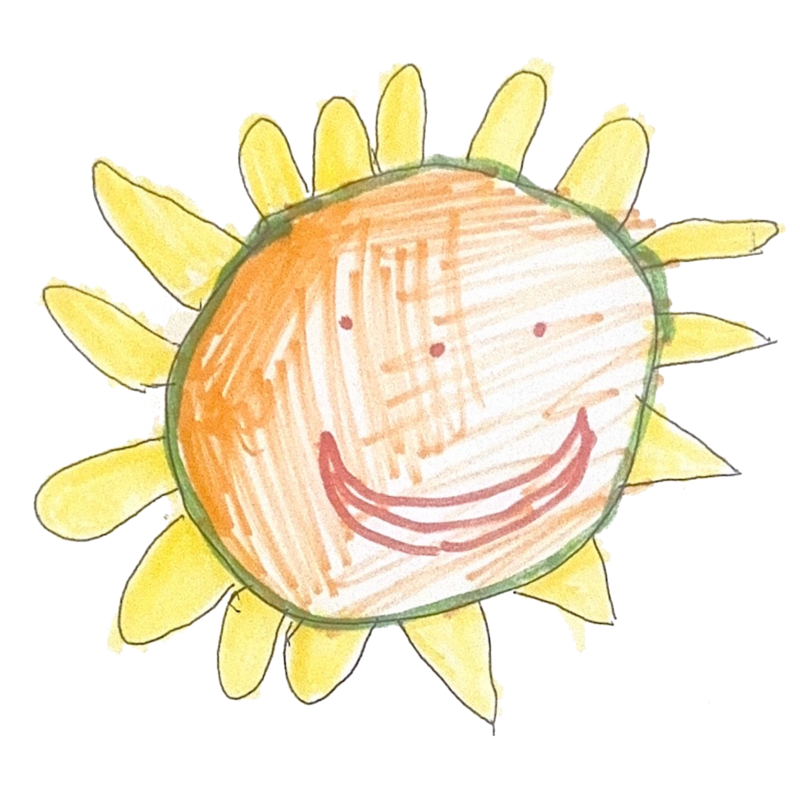
Kathleen’s son, now 15 years old, began his educational journey with the help of Early Childhood Intervention (ECI) services in El Paso, Texas. “He started in the Neonatal Intensive Care Unit (NICU) and someone there set us up with ECI,” Kathleen shared. “He was provided with physical, occupational, and speech therapy.”
At age three, Kathleen’s son transitioned from ECI into the public school system. “I don’t remember doing anything ourselves. ECI contacted the school district, and then the school reached out to us,” she recalled. Her son began in the Preschool Program for Children with Disabilities (PPCD). “He finished what was left of the first year of PPCD 1 then another full school year. After that, he completed two full years of PPCD 2. They considered him a preschool graduate and then a kindergarten graduate.” Kathleen advises fellow caregivers to ask school therapists about the programs their child should enroll in with Texas Health and Human Services, as some of these programs have waiting lists of more than 10 years.
One early challenge was transportation. “We were very timid about putting him on a bus because he was only three years old,” Kathleen explained. “But he loved it—he liked being on the bus with his friends, so that was very enjoyable for him.”
In fifth grade, Kathleen’s son began reading in an inclusive setting at school where his classroom aid would accompany him. When it came time to transition to middle school, Kathleen’s family made the decision to homeschool to ensure he had appropriate support in place to accommodate his reading level. “When he transitioned to middle school, there wasn’t going to be anyone, in the second grade at the middle school campus, for him to read with. Since I had just retired, I was able to teach him at home.” Texas made the process easy. “We joined the El Paso Homeschool and the Texas Homeschool Associations. They have all the information on Homeschool Rules and Laws of Texas on their web pages and form letters to withdraw your child from the public school system. You just fill out a form letter, send it to your child’s Principal, and that’s it.”
Now entering his sophomore year, Kathleen tailors her son’s learning to his strengths—especially through music. “He takes piano lessons from a teacher named Lydia Boureslan and drum lessons at Studio 9. That’s his thing—he loves piano and drums.” His mom added that music has always been a teaching tool. “We learned early that he responds well to music, so we teach him through songs by singing numbers and different concepts. It has helped a lot.”
In addition to academics, Kathleen’s son stays active through a homeschool physical education (P.E.) program. “What’s good about the homeschool P.E. group is that kids from 5 to 19 years old are all doing activities together,” his mom explains. “He does sports activities and friendly games. He doesn’t feel too big or too small, too slow or too fast—it’s inclusive and involves him in the community.”
Resources like Gigi’s Playhouse have been a major support. “They offer free, one-on-one tutoring for math and reading. It’s based on research, and it’s been great for my son—and for me. We can practice what he’s learning at Gigi’s at home too.” Another tool they use is the Readability app, which helps her son improve reading fluency and pronunciation. “It’s voice recognition and it listens to you read words out loud. He has to pronounce the word correctly before it turns the page. If he doesn’t know how to pronounce the word, it says it for you then says, ‘now you try.’ It’s a really cool reading tool,” Kathleen explains. She also recently discovered the WonderGrove Program for Social Skills, an online resource offering short videos showing the do’s and don’ts in various social situations, like raising your hand to ask questions or waiting in line for your turn.
When asked what advice she would give to other caregivers she says, “Ask a lot of questions. Find a network—even for yourself. We’ve learned more this year from other parents at GiGi’s Playhouse than anywhere else. Sometimes you don’t know who to ask, and the answers come from the most unlikely places.”
Kathleen’s journey with her son is a reminder that with early support, the right resources, and strong community connections, caregivers can guide their children through successful educational transitions in ways that honor their unique strengths.
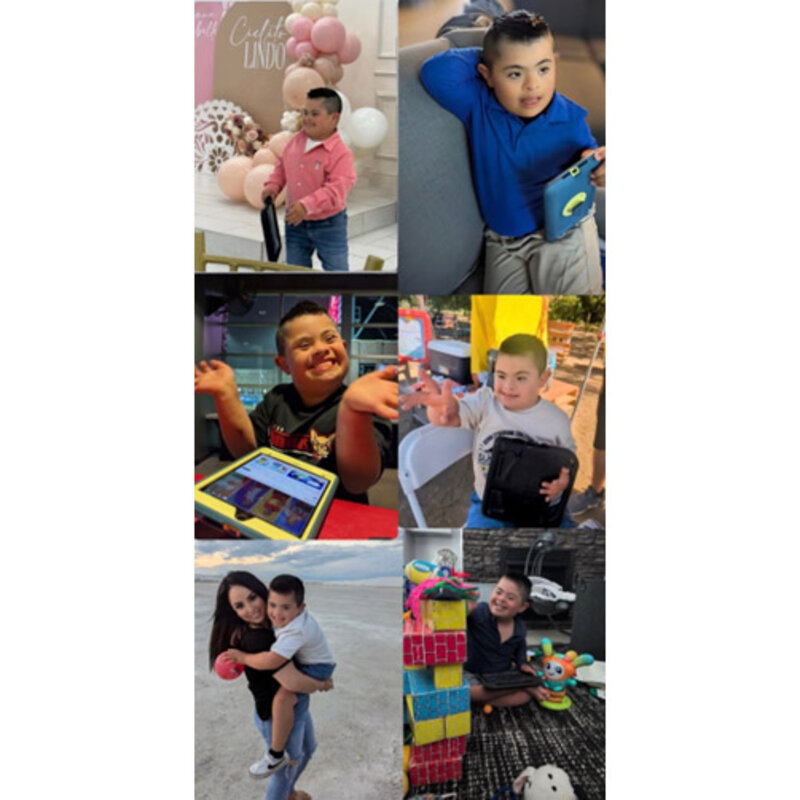
Julian is an energetic eight-year-old who lights up every room. He’s passionate about basketball, loves being out in the community, and has an impressive sense of direction. Though he’s nonverbal, Julian communicates through gestures and continues to build his voice with an Augmentative and Alternative Communication (AAC) device. As his mom, Anna, shares, “Anybody that knows Julian knows that his favorite hobby is playing basketball,” and when it comes to navigating the city she says, “He’s an expert navigator…he knows exactly where to find all his favorite spots in El Paso, especially Peter Piper Pizza.”
Finding community was key in Julian’s early years. Programs like GiGi’s LMNOP (Language, Music ‘N Our Peeps) therapeutic program helped him engage with music and movement while also connecting Anna and her family to fellow caregivers in the community. “That’s when you start to feel like, you know what, I’m not alone,” Anna shares. “There’s a sense of community and we’re just that great support for one another because we get it.” Early on, Julian was also enrolled in ESC 19’s Early Childhood Program (ECI), where he received speech and occupational therapy. “This early intervention was critical in helping him build foundational skills we often take for granted—like clapping, which supports crossing the midline, and drinking from a straw.” She’s also found support through the Down Syndrome Coalition for El Paso (DSCEP) events, where families can connect and celebrate milestones together.
Julian attended Every Little Blessing (ELB), a preschool that played a vital role in his development. “As soon as he was able to go, we made sure that he was afforded that opportunity.” ELB introduced Julian to the LAMP communication system. “They implemented it with Julian, and he experienced a lot of success.” Transitioning to public school brought new challenges, especially in advocating for consistent AAC use, an area Anna and Jesus continue to advocate for today. Their advocacy is grounded in empowerment, extending to offer staff training on both the use of the LAMP program and the importance of its implementation. Anna says, “Just like we model speaking in complete sentences… we’re modeling the use of his AAC device for Julian.”
For parents preparing for the transition to starting school, Anna recommends early evaluations. “A year before you are thinking of transitioning your child to public school, reach out to the district… and get that full individual evaluation.” She also encourages turning to resources like the PEN Project, which supports families during Admission, Review, and Dismissal (ARD) meetings by helping them navigate the process. Anna shares, “I didn’t feel like I was that expert, so I went to experts to review the goals and give suggestions and recommendations during ARD meetings.” In addition, Anna has connected with a fellow mother, Abril Rodriguez, a private tutor who works with Julian regularly—support that has made a noticeable difference in his academic progress.
Anna shares what she’s learned through genetic testing following Julian’s birth. “Even majoring in special education, I didn’t know there were different types of Down syndrome until I had my son.” Motivated to better understand the condition before having another child, Anna pursued genetic testing through Consultagene a service through the Department of Molecular and Human Genetics at Baylor College of Medicine. She completed both chromosomal and amino acid bloodwork, which revealed she is a carrier. The process was thorough and supportive as Anna explains, “we would meet virtually, and any new blood work results I received, I could email them, and we’d talk about it.”
Looking ahead, Anna focuses on building a strong future for individuals with disabilities like her son. “So much can change from now to ten years from now, when Julian is an adult—but what matters most is that he always loves going to school and feels happy to be there. We want it to be a positive experience that sets the tone for his future.” To other families, she offers reassurance: “You’re not alone.” Anna encourages caregivers to find community, learn from others with lived experience, and advocate early—reminding us that with the right support and preparation, every child can start school already set up to thrive.
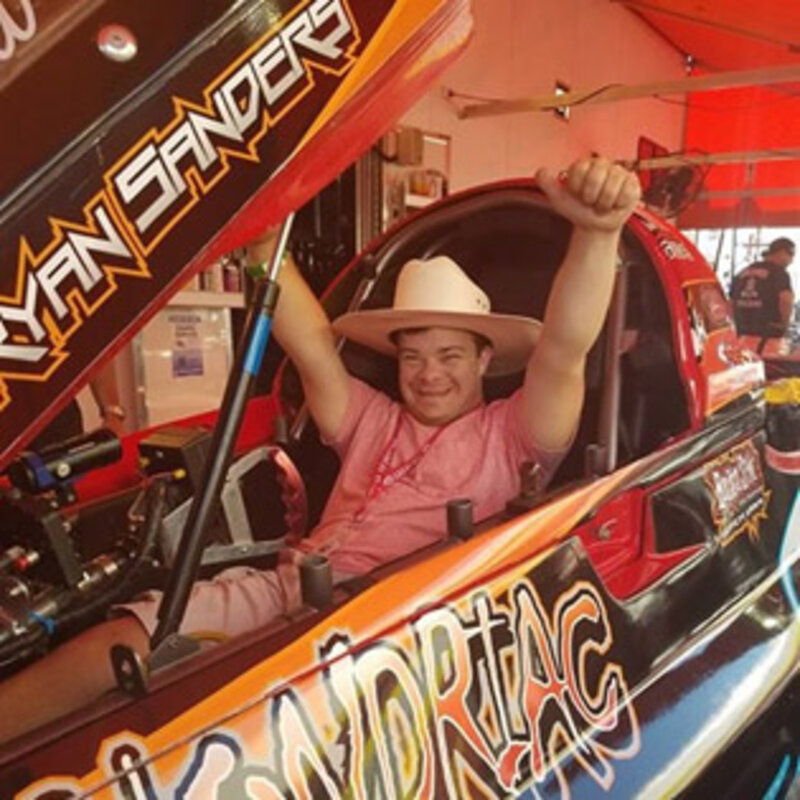
Narrative: No Limits: A Journey Into Adulthood
Cheryl shares her inspiring journey of guiding her son, Chris, through the transition to adulthood. After moving from Saudi Arabia to Houston when Chris was 14-15 years old, she quickly sought out the right environments and opportunities to support his growth.
Determined to give Chris a full high school experience, Cheryl exposed Chris to every social event where he not only thrived socially, but also participated in a wide range of athletic activities — from football and baseball to Special Olympics swimming and golf. Cheryl emphasized the value of inclusion, ensuring Chris was always surrounded by both neurotypical peers and supportive communities. She says, “Chris had the full high school experience, just like any other kid. He went to all the high school sports games, prom, and school events. He’s done it all. My priority was always the social part, and that’s why he is the way he is today.”
After high school, Chris continued to stay active and engaged in his community. He worked at an animal clinic until the COVID-19 pandemic and now works at Every Little Blessing. He used to play baseball with the Miracle League, works out regularly at the gym, takes drum lessons from a family friend, and has participated in programs like Special Olympics and First Tee golf. Cheryl also credits therapeutic horsemanship and recreational outlets, like Gigi’s Playhouse and Down Home Ranch summer camp, for fostering independence and confidence in Chris. She says, “He can do anything he wants, and I’m not going to stop him. If he wants to do it, I’ll help him.”
A key part of Cheryl’s approach is keeping Chris busy and active. She believes that staying engaged — especially outdoors and in inclusive settings — has helped shape who he is today. She encourages other parents to expose their children to as many opportunities as possible, emphasizing, “They will become the person they’re going to be. Don’t bubble wrap them. The more things a parent can find for their child to be active, especially outside, is important.” Cheryl believes it is crucial for Chris to stay busy and exposes him to any social opportunity saying, “if we go, Chris always comes with us.” Whether it’s helping Chris attend work, activities, or even traveling to events like the Lucas Oil World Finals Drag Boat Races — where Chris was given multiple trophies — Cheryl supports his passions fully.
For caregivers navigating a similar path into adulthood, Cheryl’s message is clear and empowering: “If your child wants to do something, support them. If we can do it, they can do it. Keep your child busy, active, and don’t limit them.”

For Alexis and her family, the transition into adulthood after high school has been a journey of learning, advocacy, and faith. As Alexis’s mother, Lupe, shares, “Watching Alexis become independent is beautiful. You’re so used to taking care of them, and then they start doing it themselves.”
Alexis was accepted to Project Search, a program offering real-world job training in a hospital setting at the Hospital of Providence Memorial Campus. “Alexis has been working in different departments including volunteer services, the gift shop, and the front office. She also helps in pre-op, making gowns and organizing supplies,” says Lupe. Project Search is a full-time commitment: Monday through Friday, 8:30AM to 2:30PM. Alexis uses Sun Metro LIFT for transportation between her house and the hospital. Transportation was initially a challenge, but with time, it became a manageable routine, thanks to family coordination and safety measures like tracking apps. Lupe shares, “We didn’t know the commute was not direct. But after that, it got easier. You have to live and learn, and you have to trust.”
Much of the information and support Alexis’ family found came through fellow caregivers, especially those connected through GiGi’s Playhouse, where Alexis also participates in folklorico. Lupe says, “I’m always talking with other mothers whose kids have Down syndrome and I have actually learned about a lot of these resources through them.” That’s how Lupe learned about the Home and Community-based Services program, a state waitlist for adult services including housing support and therapies. “Alexis has only been on the list for two years, and they say that it takes about 10 to 12 years before they get called,” says Lupe.
Alexis enjoys staying engaged at home—especially through hobbies including word searches and adult coloring books. “Alexis even writes down words and looks up the definitions,” her mom added, “she’s always learning.” When Alexis turned 18, the family pursued legal guardianship. “There wasn’t a formal agency guiding us—it was all through word of mouth. It was important to get guardianship for her so we can help her with decisions, keep her safe, and support her.” Alexis’ family has always believed in her potential. “We never say, ‘you can’t.’ Instead, we always say, ‘we will try,’” Lupe says. “We’ve always told her, ‘you can do anything—you just need to try.’” Alexis has responsibilities at home, including feeding her dogs and keeping her room clean. “She’s not treated any differently than her older sisters,” says her mom. “She has chores just like everyone else.”
Alexis’ sister, Amanda, who took on a major caregiving role during Alexis’ early years— especially while both Alexis and their mother were undergoing cancer treatment—shares her own advice. “If your sibling says ‘I can’t,’ remind them they can. And if they need help, then help them.” Amanda also emphasizes the importance of routine. “If we know plans are changing, we tell Alexis a couple of days in advance. If we wait until the day of, she gets anxious. But when she has time to process, she’s fine.”
With graduation from Project Search approaching, the next step is employment. “Alexis told us at her last meeting, ‘I want to work in a doctor’s office—a small space where I can organize things and feel calm,’” Amanda shares. The family is now working with Texas Workforce to explore job options and the next steps for Alexis’ future.
For caregivers just starting this journey, Lupe shares simple but powerful advice: “Don’t push your child back and don’t tell them they can’t do something. Let them tell you what they can and can’t do. You’re not always going to be there for them—so teach them that life goes on, and they can live it.”
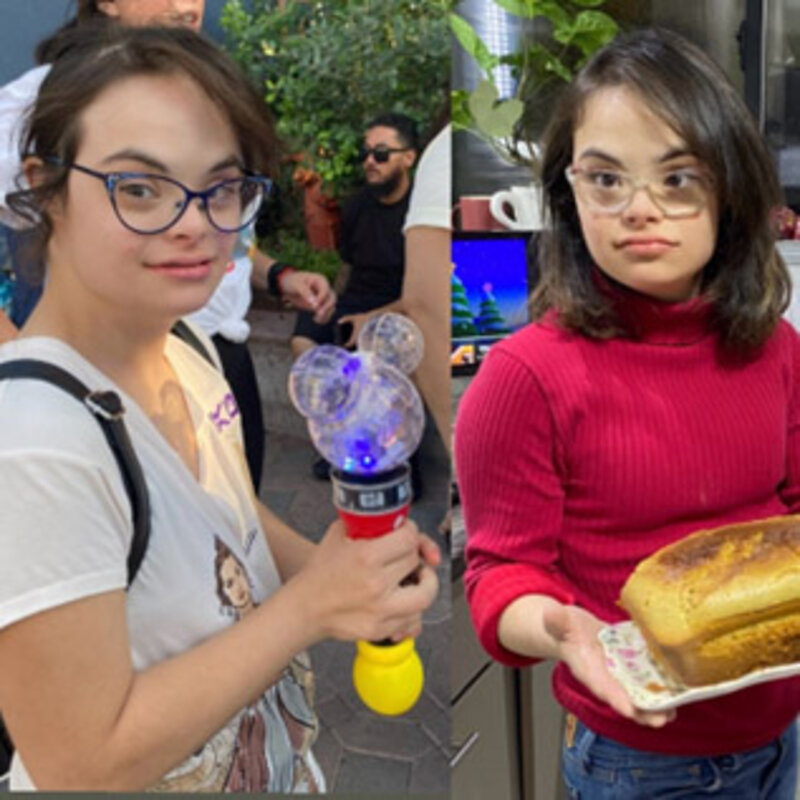
Paula is a 25-year-old woman with Down syndrome who moved from Mexico to El Paso in 2022, at the age of 22. Since then, her mother has been actively supporting her transition into adulthood—connecting her with local programs, encouraging her independence, and nurturing her many interests.
Currently, Paula attends a local recreation center for adults with disabilities. According to her mother, “They have a lot of programs that give her a lot of freedom to do things without their parents having to be there.” While Paula doesn’t go every day, her mother tries to take her as often as possible. In addition, Paula is involved in a Ministry for Adults with Disabilities at St. Mark’s Catholic Church, where she has access to a wide range of activities including swimming, Zumba, and volleyball. “She likes it very much,” her mother shared, though she noted Paula chooses the activities that truly interest her: “She has to do what she likes as well.”
Paula is creative and full of life. She enjoys dancing, painting, singing, acting, and horseback riding. She dreams of one day getting married and having a job—especially something involving animals or fashion. “She wants to take care of dogs because she really likes dogs,” her mother said. Paula also enjoys designing clothes. “She actually designs clothes… I would really like to find a place where she can continue to study how to design clothes because she’s very fascinated by it,” says Imelda.
At home, Paula has daily responsibilities that promote her independence. “She has chores around the house including making her bed, keeping her room clean, and after I cook, she’ll wash the dishes,” her mom explained. “She actually does her own bed most of the time because she even prefers it a certain way.”
Paula’s mother emphasized how important it is not to overprotect children with disabilities but instead to support them with realistic expectations and love. “Even though you might have to repeat yourself many times, your child will learn everything in their own time,” she said. “We can’t get tired of repeating ourselves because they will learn.”
When asked what advice she would offer to other caregivers, she responded humbly: “I haven’t treated Paula differently than my other daughter. If they do something wrong, then we have to teach them that it’s not right and treat them the same as other children.” She added, “If I make her feel, ‘Oh my poor little girl, she can’t do anything,’ then she’s really not going to succeed. No—she can do anything she sets her mind to.”
She concluded with a powerful reminder: “Support them like how we would support any other kid so that they know, if they fail, we’re here to support them. I’m not going to show her how to jump, but if she falls, I’m going to be there to catch her. That’s my job as a mom.”
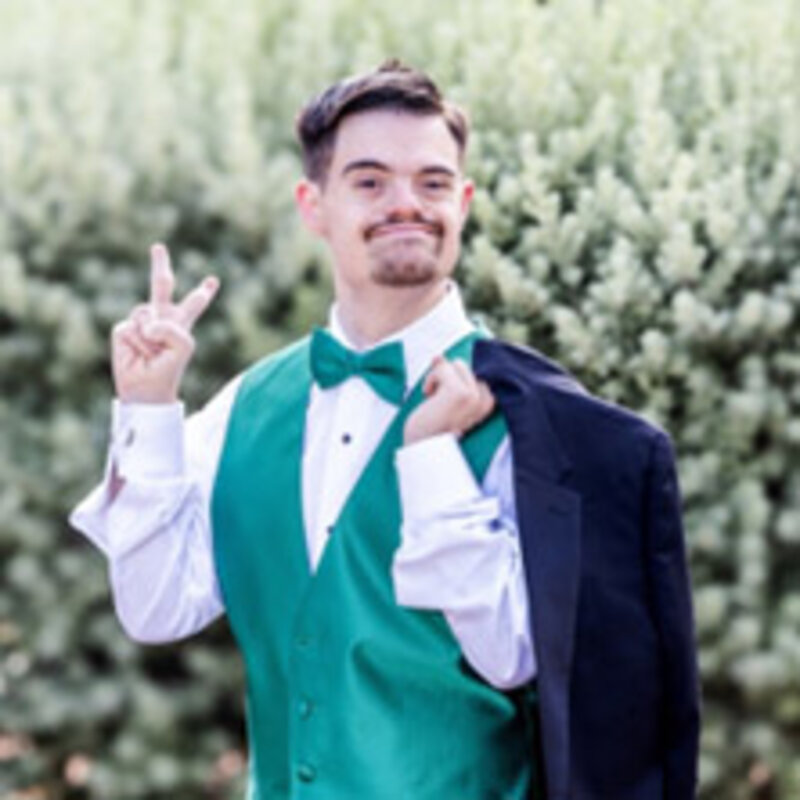
Travis is 31 years old and lives a life full of joy, connection, and purpose. “Travis has a big social life,” his dad, Robert, shares. During the week, Travis attends Nueva Vida Adult Daycare Center, a vibrant, inclusive environment that serves both adults with disabilities and neurotypical elderly clients. Robert says, “it’s one big frat party the whole time. Every day is a birthday for somebody.” For their family, discovering this center was like reuniting with old friends—many of Travis’s former classmates and Special Olympics teammates also attend. “Everyone’s kind of gravitated to this place,” Robert shares.
Travis has competed in the Special Olympics since 2010, now participating in the 25-meter run and the softball throw. He is also an active member of the El Paso Down Syndrome Coalition (DSCEP) and has appeared in their annual calendar for years. His weekends are often filled with cookouts, movie nights, car shows, and outings with close friends who understand him deeply. “Travis is always busy. His activities are always busy, busy, busy,” says Robert.
Although nonverbal, Travis communicates in ways that are deeply expressive and meaningful. “Travis communicates fine,” his dad explains, “we know exactly what he wants, and people who are around him know what he wants.” The family uses a combination of Signing Exact English (SEE) and American Sign Language (ASL), learned through free community classes led by a local teacher with the El Paso Independent School District (EPISD). This has empowered Travis to express choices, routines, and preferences. “It helps facilitate communication,” Robert says, “you just need to be a little more patient and a little more receptive.”
Travis’s path into adulthood didn’t happen by chance—it required intention, education, and years of planning. His family began preparing as early as middle school, guided by what they learned through Admission, Review, and Dismissal (ARD) meetings in school. During these meetings, educators introduced them to critical supports, including the Home and Community-based Services (HCS) program—a state-managed waitlist that provides long-term services like housing support and therapies. “We were told early on, ‘you’ve got to get Travis on the waiting list,’ and we did,” Robert recalled, “he’s still on the waiting list today.” Knowing how long these waitlists can take—sometimes decades—the family remained proactive in ensuring Travis would have access to necessary supports. After he aged out of school-based services at 21, Travis transitioned into day programming, first through Emergence and later through Nueva Vida, where he found a strong sense of routine and community.
One of the most important decisions the family made was to obtain legal guardianship once Travis turned 18. “We had a lawyer walk us through the process. Now we renew it every year. You have to send off a new form, send it to the judge, and they come check our house every year. But it’s necessary for medical and financial decisions,” says Robert.
Travis’s life is deeply intertwined with his community. He is recognized at car shows, Special Olympics events, and even during vacations far from home. Those connections didn’t happen overnight. Early on, his family fought for Travis to be included in general education classrooms. “We really pushed for it until about fourth grade. He needed a one-on-one, but we felt it was so important for him to be around neurotypical kids—and for them to be around him. It absolutely paid off,” says Robert. That early inclusion helped create a web of community support that still surrounds Travis today. “We want people to know who Travis is,” Robert says, “that was our biggest thing.”
To other families preparing for the transition to adulthood, Robert offers this heartfelt advice: “Go visit these places. Just come talk to somebody. These people have connections. You just have to put yourself out there, and don’t be afraid to ask.”
Travis’s story is one of love, connection, and hope. It reminds us that while the road into adulthood may feel uncertain, it can also be filled with joy, purpose, and belonging—with the right support and an open heart.
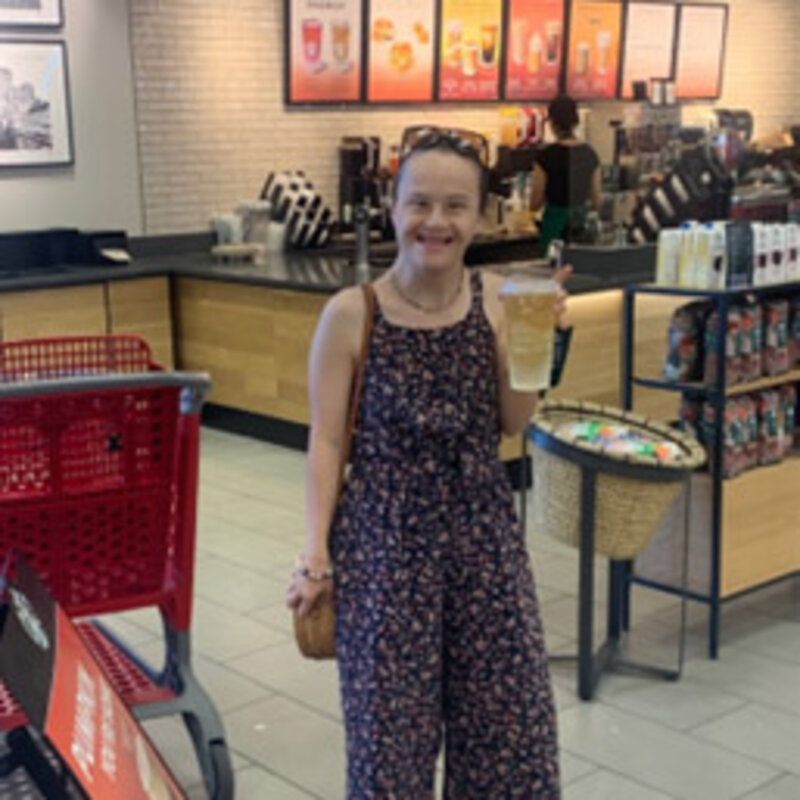
Alejandra is a joyful and determined woman whose life is guided by consistency, curiosity, and deep faith. Her mother, Luzma, says, “I’m convinced that Alejandra wants to learn.” Alejandra’s independence is not accidental—it is the result of years of loving encouragement, structure, and high expectations set by her family. From staying consistent with her gym routine to managing her own medication, Alejandra takes pride in her responsibilities. Her mother has played a powerful role in helping her grow into a confident adult, encouraging her to make her own decisions and engage fully in life. “For me, the most important thing is for her to be independent in every aspect of her life,” says Luzma.
After graduating from high school, Alejandra entered a vocational program through Emergence Health Network (EHN), where she gained valuable job skills and real-world experience. She began working at Rudy’s Bar-B-Q, where she contributed to the team by setting tables, ensuring cleanliness, and assisting waitstaff. Alejandra thrived in this environment, building confidence and learning responsibility.
Determined to keep Alejandra active and included, her family explored other enriching opportunities. She enrolled in dance, English, and fashion classes at El Paso Community College (EPCC)—all-inclusive settings where she could learn alongside others. “Alejandra loves to be in style—she loves high heels and necklaces,” says Luzma. These inclusive classes gave Alejandra the opportunity to make independent choices, express herself, and explore subjects she’s genuinely interested in learning more about.
Physical wellness became another part of her routine. Twice a week, Alejandra attends Anytime Fitness where she exercises with the support of a personal trainer. “I just drop her off—she goes in on her own, and sometimes she’ll even call me to say she wants 10 more minutes on the treadmill,” Luzma says, “we want her to have a voice and be confident in what she can do.”
Alejandra is an active member of her church community at San Pedro de Jesus Maldonado Catholic Church, where she serves in the welcoming ministry and finance committee. She helps count donations, categorize bills, and make copies of checks—responsibilities that help her feel productive and valued. Her faith is an important part of her life. “For Alejandra, the most important thing is her faith and trust in God,” says Luzma.
Alejandra’s weekly routine reflects structure, independence, and consistency. She goes to the gym twice a week, visits her grandmother weekly, and stays involved with her family, church, and in community activities. “She prepares her own coffee, picks her own outfits, and manages her medication schedule with alarms,” Luzma shares. Alejandra is bilingual, texts her siblings regularly, and uses creative strategies to support her learning—like watching a movie before reading the book. “If she eats a hamburger in the afternoon, she won’t eat bread in the evening… If she needs to take her medication at 6:45, she’ll do it without fail. She is very consistent,” Luzma says. Her routines aren’t just habits—they’re reflections of her confidence, determination, and joy in leading a meaningful life.
Looking ahead, her family’s vision is clear: “We want Alejandra to be independent, happy, and confident. We want her to feel prepared for the future, not pitied or underestimated. She has the capacity to do it,” Luzma shares. To fellow caregivers, Luzma offers this heartfelt advice: “Start early—look into programs and get on waitlists. Explore inclusive options like community college classes, and let your child make decisions. Believe in their abilities, encourage responsibility, and surround them with love and respect. You’ll be amazed by what they can do.”

Amanda is a vibrant 44-year-old woman with Down syndrome whose life story reflects independence, resilience, and deep community engagement. Her mother, Mary, shares their journey with honesty and pride, highlighting the lessons and resources that helped them transition from adolescence to adulthood.
From early intervention and inclusive education to travel, employment, and personal growth, Amanda’s life has flourished thanks to her family’s steadfast advocacy and commitment to recognizing her as a person first. As Mary emphasizes, “Children with disabilities are children first, and then they have a disability. Accept your child. They will do things, maybe not on the normal milestone chart, but they will do them at their own pace.”
Guided by this philosophy of acceptance and empowerment, Amanda has built a meaningful adult life with a steady job, rich social connections, and an active role in her community. Mary’s insights offer valuable guidance for other caregivers preparing for the transition to adulthood.
Amanda enjoys reading, music, and dancing, and her love of travel has taken her around the world—from Israel and Egypt to Europe and across the United States. Much of Amanda’s growth stems from early involvement in community-based programs and inclusive activities. From sports with the Knights of Columbus and swimming with Special Olympics and later Miracle League, to education in mainstream public schools, these experiences built her confidence and skills. “She swims on a swim team and has gone to state several times for gold medals,” Mary shared, “Amanda wants to do things that people without a disability can do, and I have no problem.”
Amanda remains actively engaged with organizations like the Down Syndrome Coalition for El Paso (DSCEP), where she connects with her “super duper best friends” through crafts, science projects, and social events. These programs foster friendships, independence, and a strong sense of belonging.
Employment has been a cornerstone of Amanda’s adult life. Thanks to a Transition to Life Services program at Parkland High School, she started working at Pizza Hut 26 years ago. This long-term job has given Amanda independence, structure, and a deep sense of fulfillment.
Faith and community also play vital roles in Amanda’s life. At St. Patrick’s Cathedral, she sings in the choir and participates in practices. Amanda also joins her mom at the Westside Welcome Club, where she helps and participates in community gatherings. Mary stresses the importance of helping young adults find meaningful roles, whether through religious groups, volunteering, or part-time work. “Have them get into different communities,” Mary advised, “treat your adult child as an adult.”
Amanda’s story challenges common misconceptions about Down syndrome. Amanda has a strong memory and excellent navigation skills, confidently finding her way around familiar places. “That fallacy was proven wrong,” Mary said. Recognizing such strengths is essential to supporting true independence.
Life education extended beyond academics for Amanda. When discussing sexuality, Mary chose to watch NOVA: Life’s Greatest Miracle, a documentary on pregnancy together, fostering open and honest dialogue. “We didn’t offer too much after that, just what she needed to know,” Mary explained, highlighting respect and empowerment at the heart of their approach.
Mary’s story reveals a powerful truth: successful transitions aren’t about meeting rigid milestones but about how families and communities adapt to support their loved ones’ evolving needs. For caregivers navigating the path from high school to adulthood, Mary’s heartfelt guidance is simple and profound: “Most importantly, treat your adult child as an adult… Accept your child. Praise them for any milestone that comes along because that means so much to them.”
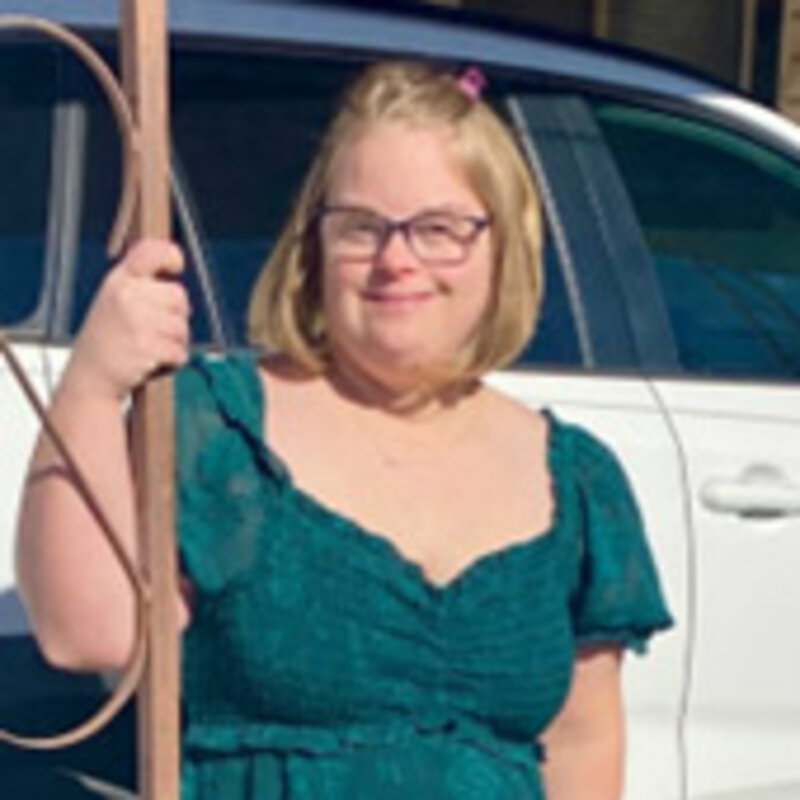
When Terry first learned that her daughter Erin had Down syndrome, she felt a mixture of uncertainty and hope. Like many first-time experiences in parenting, nothing prepares you for the unexpected. But what followed Erin’s diagnosis was not a life of limitation—it was a life filled with growth, joy, advocacy, and purpose.
Now 34, Erin’s journey has been shaped by early intervention, strong community support, and a belief that learning and joy never stop. Erin started in mainstream preschool and elementary school, but by third grade, Terry and fellow parents founded Green Oaks School in Arlington, Texas, a Christian private school tailored for students with Down syndrome and similar learning needs. What began with four students grew to nearly 170, offering individualized instruction, occupational and speech therapy, and a nurturing environment. In 10th grade, Erin transitioned to her local public high school’s special education program. After graduation, she remained active in Green Oaks’ adult transition programs—GOAL (Green Oaks Adult Learning) and Club 321—which offered job training, social events, and community outings. With help from a job coach, Erin built work experience at Kohl’s, grocery stores, her dad’s law firm, and in office roles.
During the COVID-19 pandemic, Terry retired and moved to El Paso, where Erin continued to stay active through the Down syndrome Coalition for El Paso, Special Olympics, the West Side Welcome Club, and seasonal camps like Camp Kaleidoscope. Along the way, Terry and Erin connected with local families who have since become close family friends—sharing holidays, attending community events, and offering mutual support. Terry also encourages caregivers to attend the National Down Syndrome Congress (NDSC) Annual Convention to learn and connect with others. A highlight has been the Tim Tebow Foundation’s Night to Shine Prom—an unforgettable prom night for people with special needs. “Erin looked absolutely beautiful,” Terry shared.
Church has also become a meaningful part of Erin’s life. She and Terry were baptized together, and Erin joins her mom for Bible study. Terry encourages other families to keep their children involved in church and community activities, saying, “Keep them involved in church, keep them involved in anything that they can.”
Terry enrolled Erin in the Home and Community-based Services program —which offers long-term support for individuals with disabilities—when Erin was around 10 years old. Families are encouraged to apply early, as the waiting list can take years. Erin became eligible for services in the past year, although Terry admits they’re still exploring how best to use them. Terry says, “They call and ask what she can do. I know there will be a time when we’ll need help, and those services will matter.”
Terry stresses the importance of seeking job training and social opportunities. A key to Erin’s success, she says, was treating her just like her other children—establishing clear rules and expectations, using discipline when needed, and ensuring she had access to the same technology and experiences as her peers. She also recommends staying connected—asking questions, attending conferences, and learning from other families. “That’s what it’s been Erin’s whole life,” Terry shared. “You find one little thing and that leads you to another little thing.” For her, building Erin’s independence and confidence has been a gradual journey—one shaped by asking questions, seeking resources, and being open to learning from others. “Erin has made my life so much better. She’s opened my eyes to a whole new world I didn’t know I needed.” And most of all, Terry urges other caregivers: “Enjoy the heck out of your kid.”
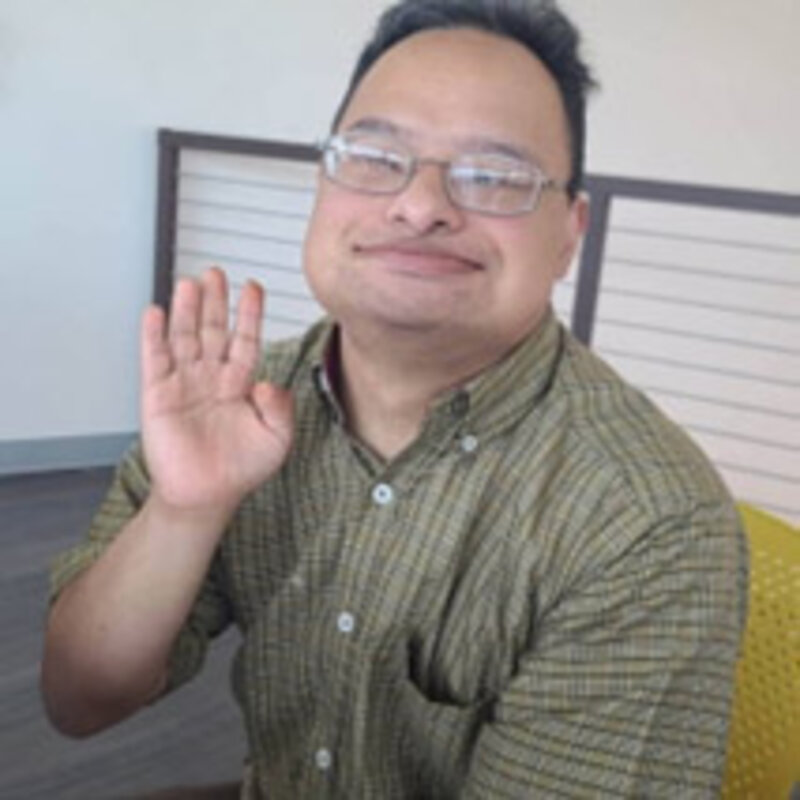
Junior is a 40-year-old man with Down syndrome who lives with his sister, Sara, mother, and two nieces. “He’s very quiet and very polite,” Sara says with a smile. “At Emergence Dayhab, he even got an award for ‘Most Polite’ at the awards assembly.” Junior’s personality shines in his routines and activities, which today include sports, therapies, and a vibrant day program. The path to this rhythm wasn’t always smooth—it was built with love, determination, and an unwavering belief that transitions, even the hard ones, can lead to something beautiful.
Sara had always known that she would be the one to care for Junior. “Even when I was in high school, it was always going to be me,” she recalls. When her father passed away and her mother began experiencing memory loss, Sara stepped fully into the role she had long prepared for—becoming Junior’s legal guardian and primary caregiver.
That transition was filled with challenges: searching through scattered documents to find information on Junior’s health, dealing with agencies that mistakenly believed Junior had passed away, and learning how to navigate systems she’d never had to manage before. “I didn’t know who his doctor was, his dentist, what insurance he had—I had to find out everything,” she said. “But I did it. I figured it out.”
Today, Junior’s days are filled with purpose. He attends Caring Matters Day Habilitation Monday through Friday, where he thrives in a structured, social setting. He also participates in adaptive sports through 915 Stars. “He’s in volleyball, basketball, soccer. We even traveled to Dallas recently—Junior came back with the gold medal,” Sara shares proudly. “I used to think he wouldn’t be able to do these things… and now I realize, I underestimated my brother.”
Through her work at Emergence Day Habilitation Learning Center, Sara has learned about programs and resources she never knew existed before—and that knowledge has become a gift she now shares with other caregivers. From transportation services like the LIFT, to adaptive sports programs, to support from other parents, Sara has built a network that not only sustains Junior, but uplifts them both. One of the most critical resources Sara accessed was the Home and Community-based Services (HCS) program—a state waiver that provides long-term services for individuals with intellectual and developmental disabilities. Now, thanks to the HCS program, Junior receives physical and occupational therapy at West Texas Therapeutic, which further supports his daily functioning and independence. Sara encourages families to get their loved ones on the HCS waitlist as early as possible, since the process can take many years. And she’s not doing it alone. Her daughters help with daily routines. Her brothers share responsibilities—one even takes Junior and their mother on weekends, giving Sara time to rest and recharge. “My weekends are for me,” she says, a simple but powerful reminder that self-care is essential for any caregiver.
The responsibilities of being a Host of Companion and legal guardian are extensive. Home safety checks, documentation of daily care, and regular trainings are required—but Sara has embraced these duties with confidence. “At first it was hard, really hard,” she says honestly. “But now it’s a routine. Everything is in place.”
Even when the journey brought unexpected complications—like Junior being mistakenly declared deceased—Sara stayed patient and persistent. Because Junior shares the same name as his late father, agencies confused their records and thought Junior had died. “Junior lost all his benefits for a while, but eventually they reimbursed everything. We got through it.”
When asked what advice she’d give to other caregivers preparing for adulthood transitions, Sara speaks from her heart: “I always think to myself, what’s my purpose in life? Why am I here? And now I know—I’m here to take care of my brother. That’s what I’m good at. I love him so much. I’m so proud of myself. And I know my dad would be proud of me too.”
Sara’s story is one of resilience, but more importantly, it’s a story of love. Through grief, uncertainty, and change, she built a new foundation—one filled with structure, joy, and the steady rhythm of everyday victories. For caregivers facing their own transition journeys, Sara offers a living example of what’s possible when you lead with heart and keep moving forward. “Some people know how to bake cakes or sing, but this—this is what I know how to do,” she says. “This is my purpose. I’m here to take care of Junior. And I wouldn’t change a thing.”

Lydia Boureslan
(915) 731-0550
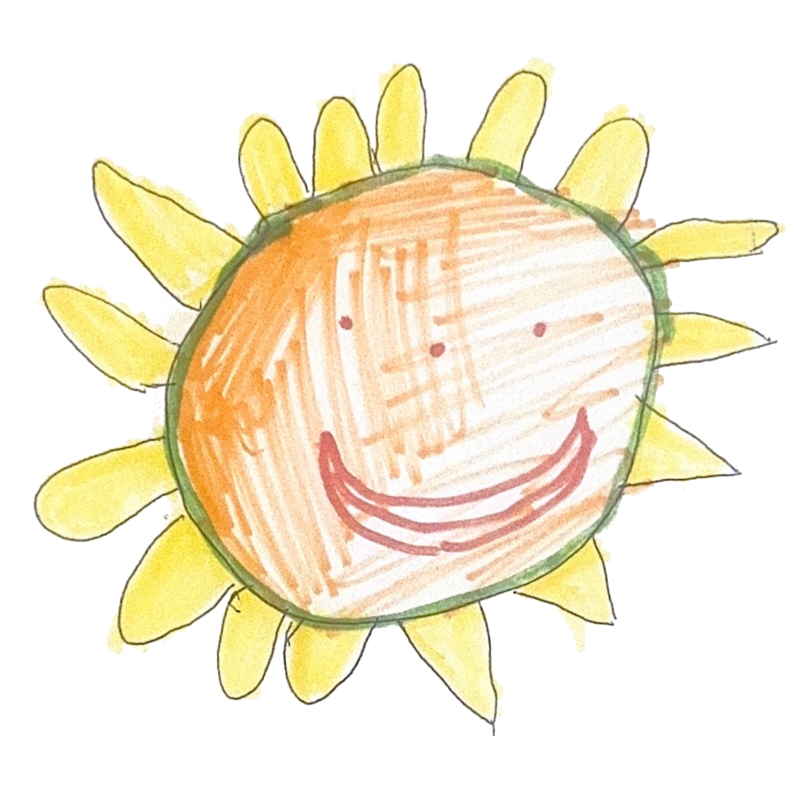
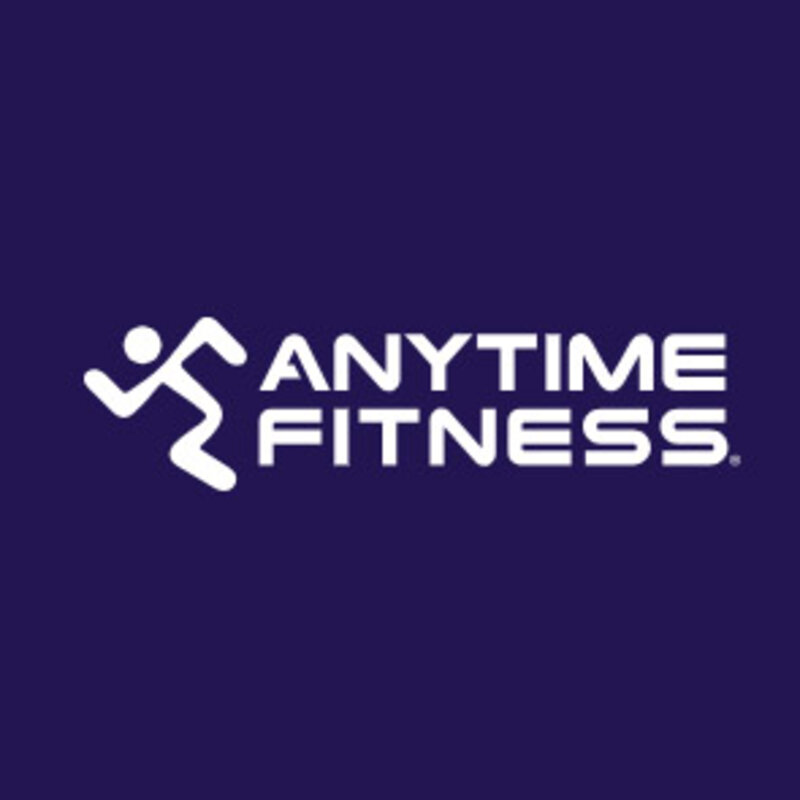


- Bruni, M. (2016). Fine motor skills for children with Down syndrome: A guide for parents and professionals (3rd ed.). Woodbine House.
- Hale, N. (2016). Whole child reading: A quick-start guide to teaching students with Down syndrome and other developmental delays. Woodbine House.
- Winders, P. C. (2013). Gross motor skills for children with Down syndrome: A guide for parents and professionals. (2nd ed.). Woodbine House.
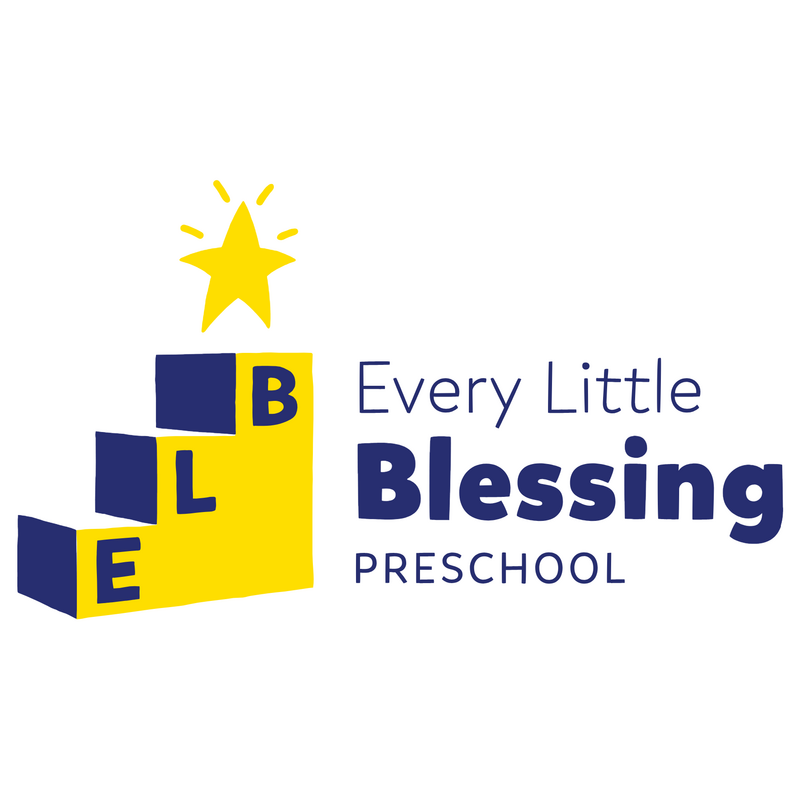


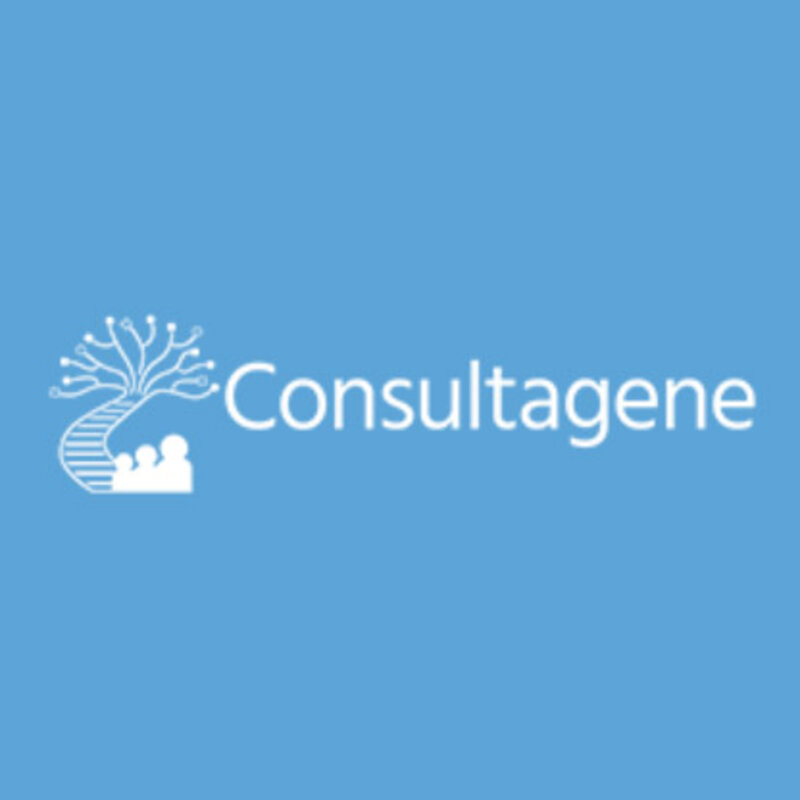



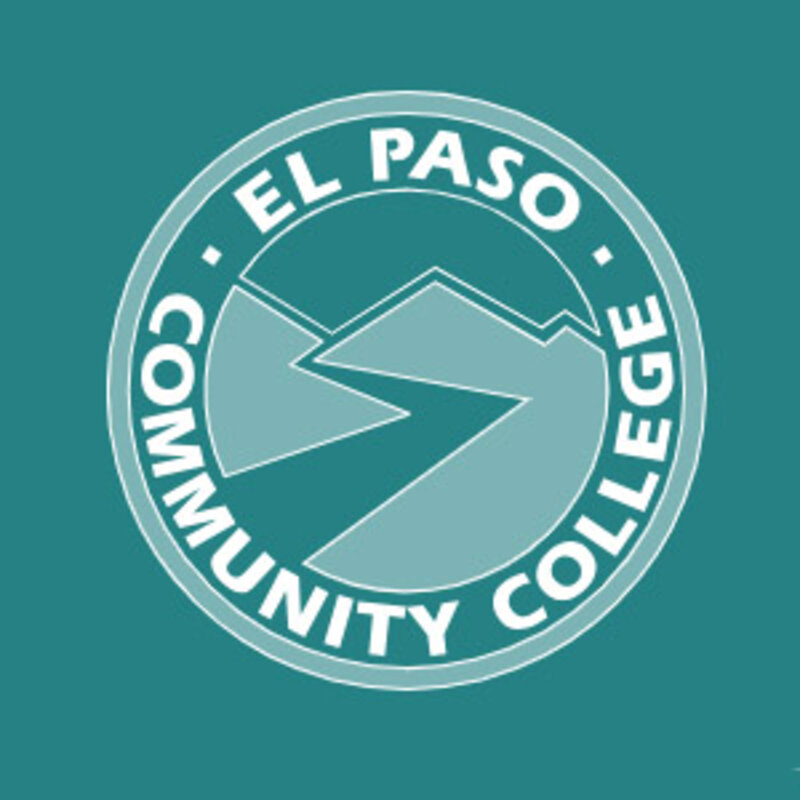


https://www.episd.org/page/regional-day-school-program-for-the-deaf

https://emergencehealthnetwork.org/developmental-disabilities/


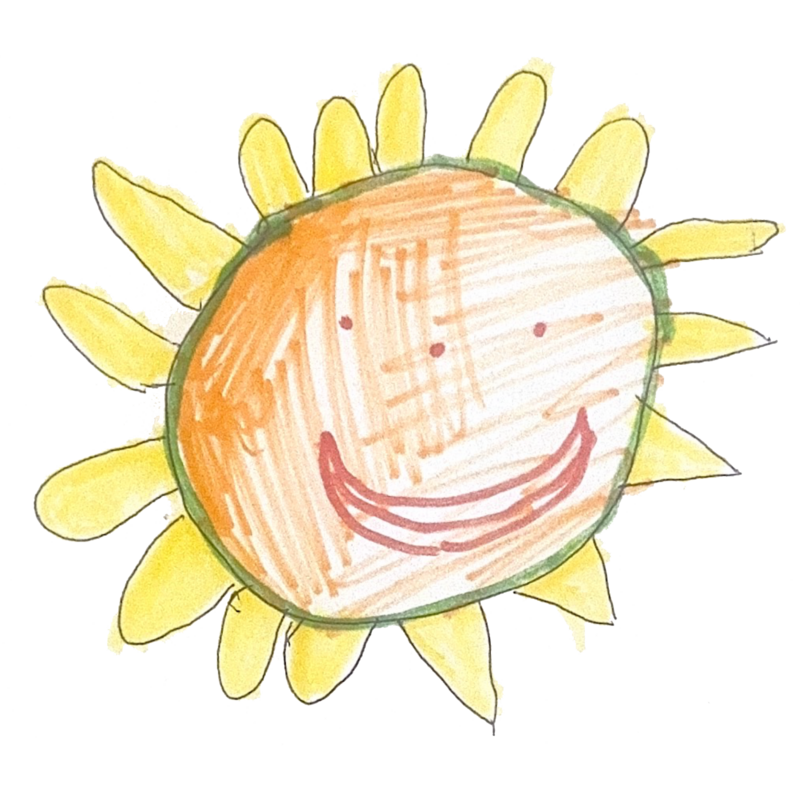
.

- https://gigisplayhouse.org/elpaso/
- Folklorico: https://gigisplayhouse.org/elpaso/sfcalendar/
- 1:1 Literacy Tutoring: https://gigisplayhouse.org/literacy/
- 1:1 Math Tutoring: https://gigisplayhouse.org/elpaso/one-one-math-tutoring/
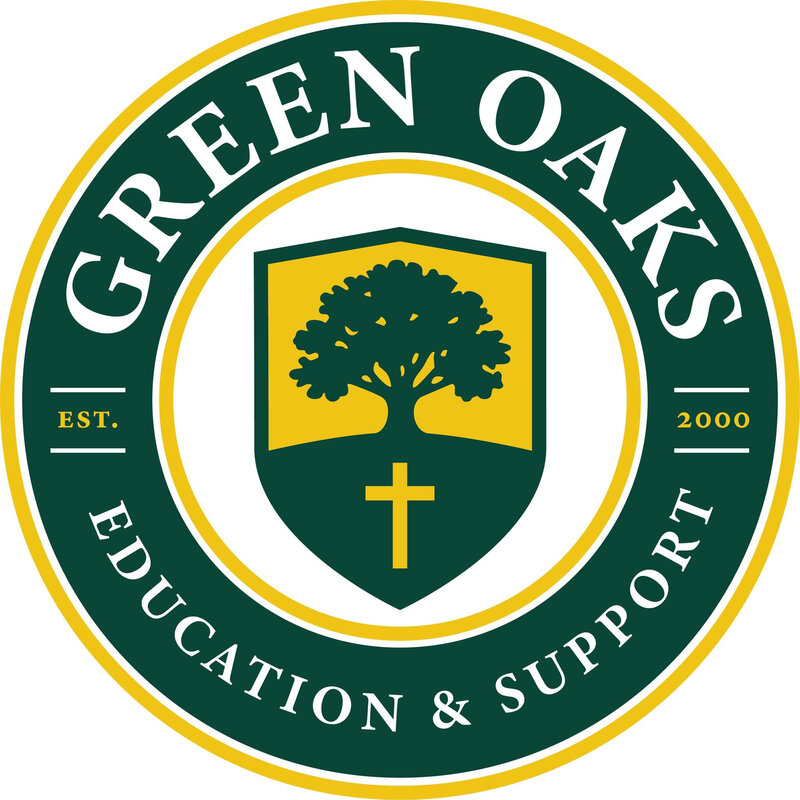
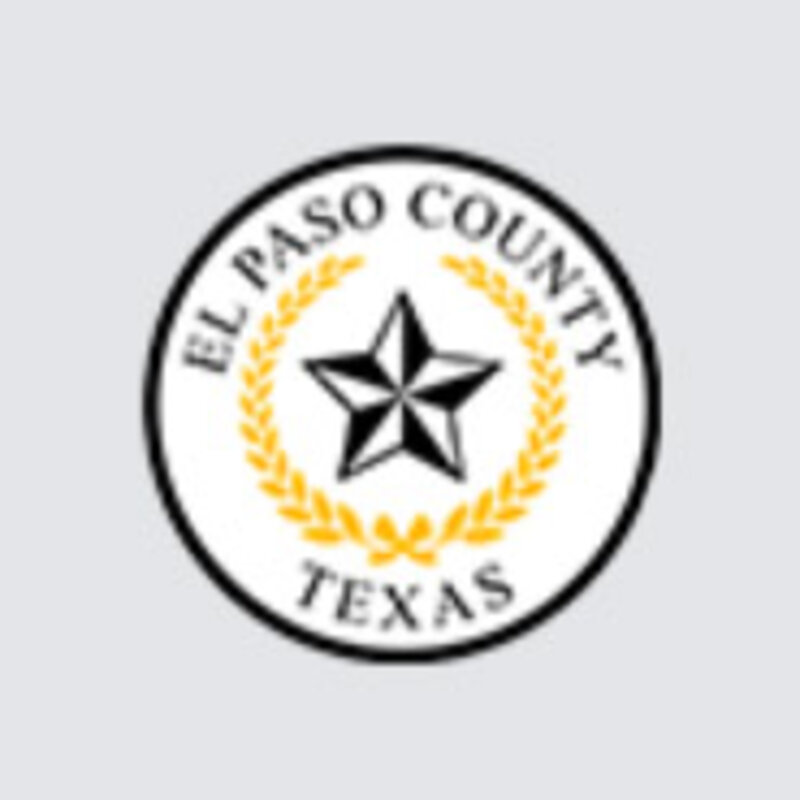
*Call phone number found on Probate Court websites and request contact information for guardianship certified attorneys
-
Probate Court No.1: https://www.epcounty.com/courts/probate1.htm
-
Probate Court No. 2: https://www.epcounty.com/courts/probate2.htm
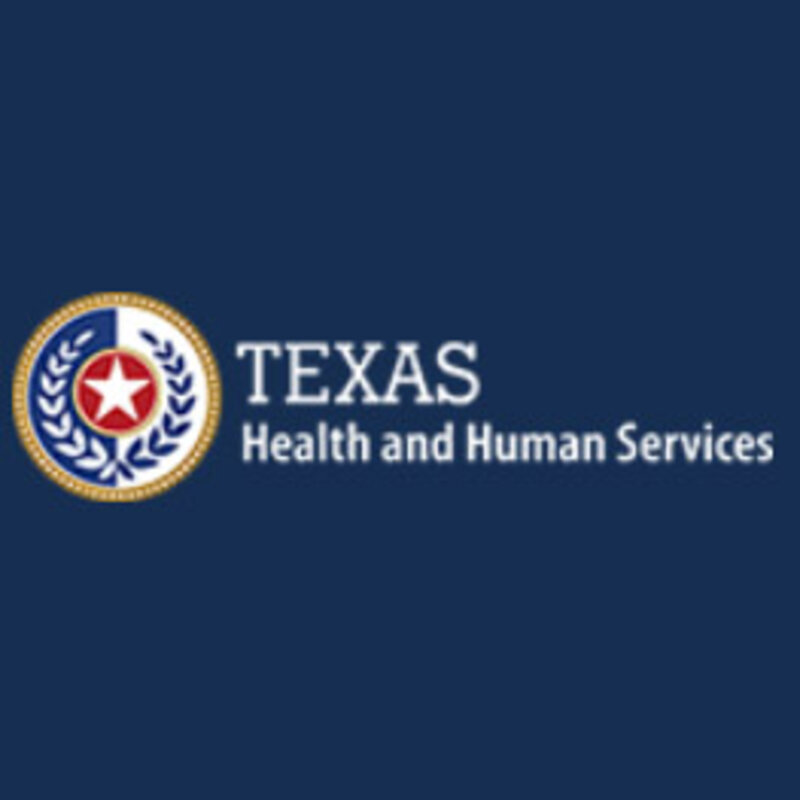
https://www.hhs.texas.gov/providers/long-term-care-providers/home-community-based-services-hcs
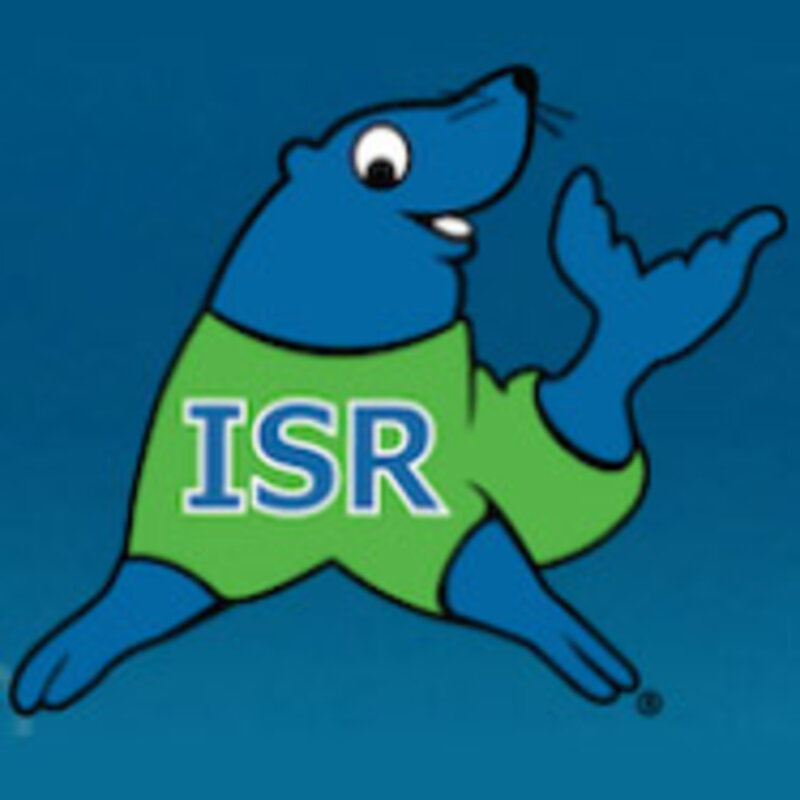
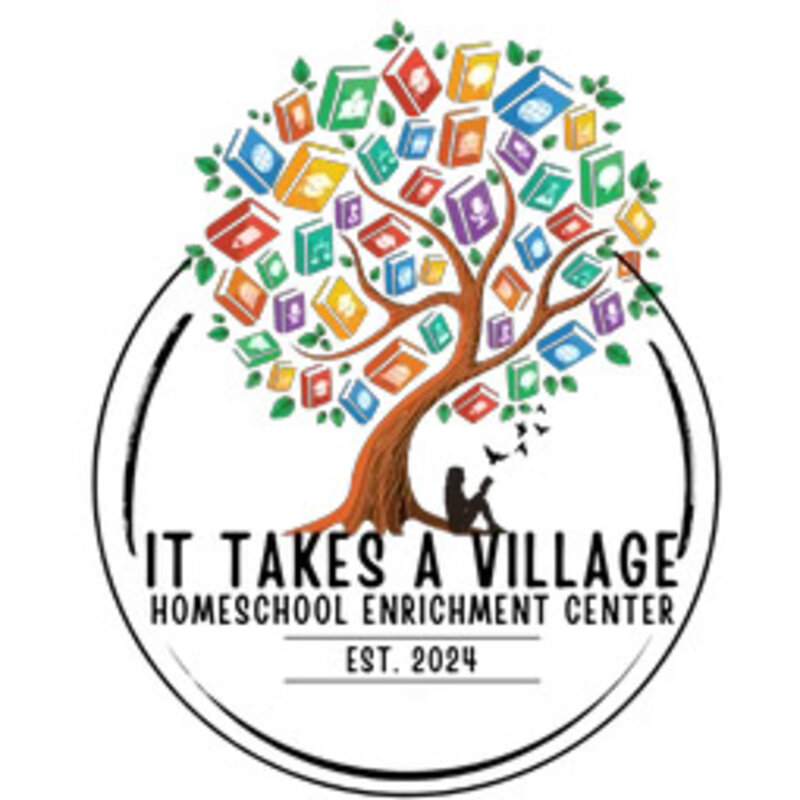
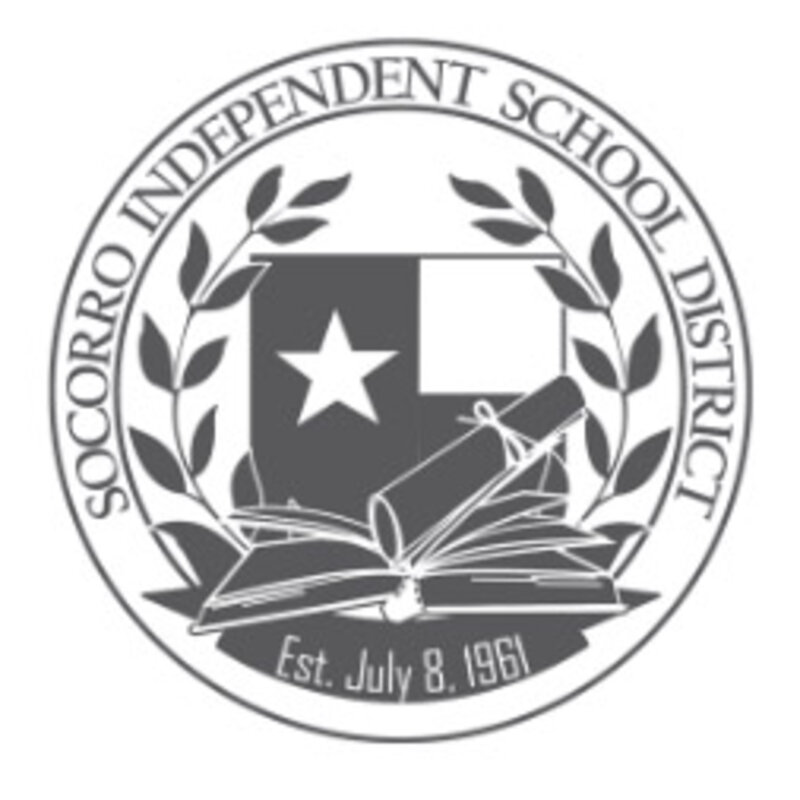
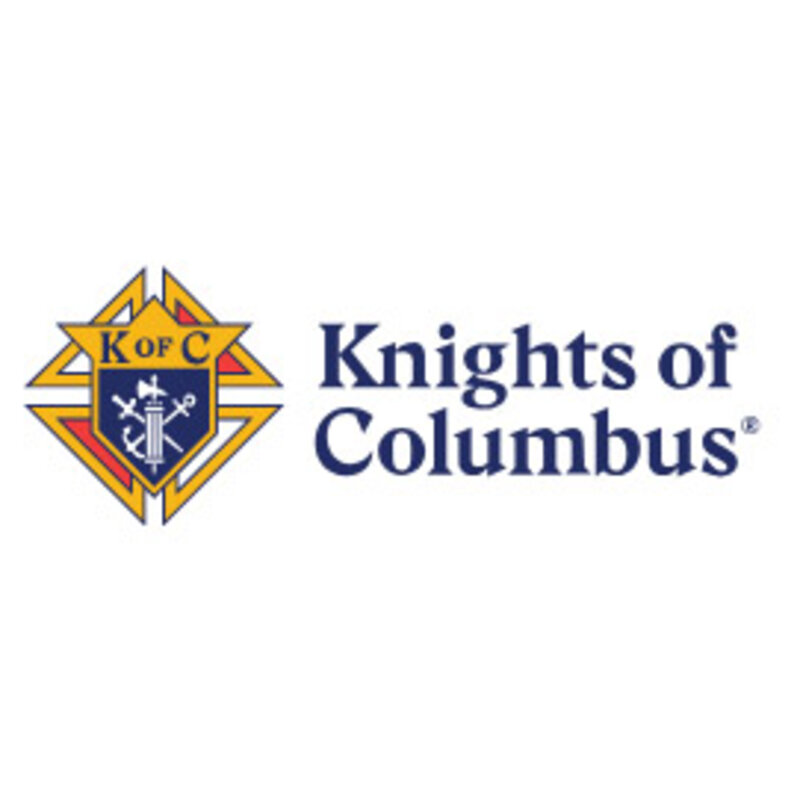
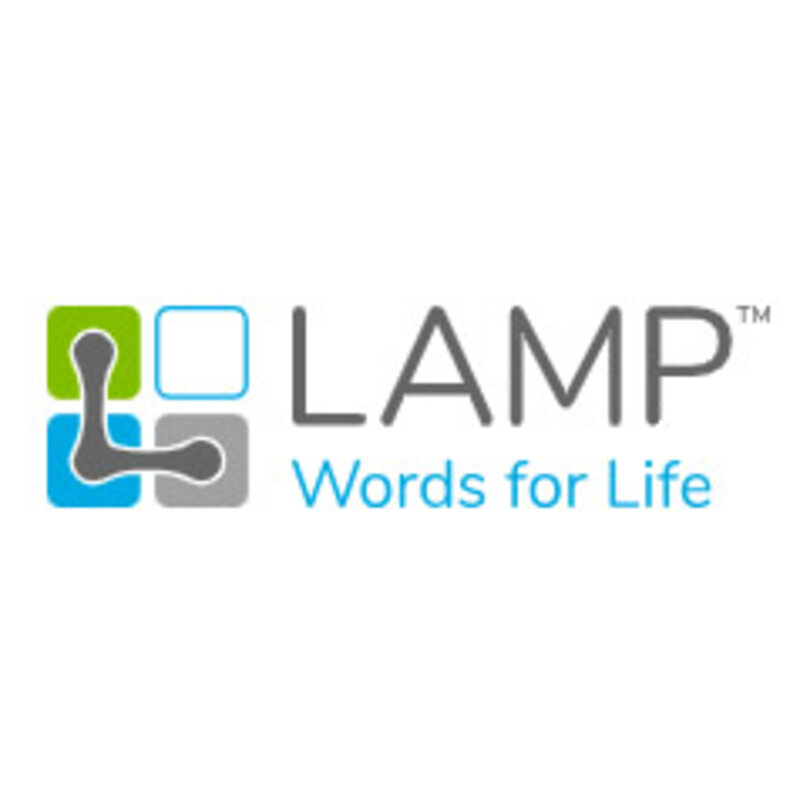
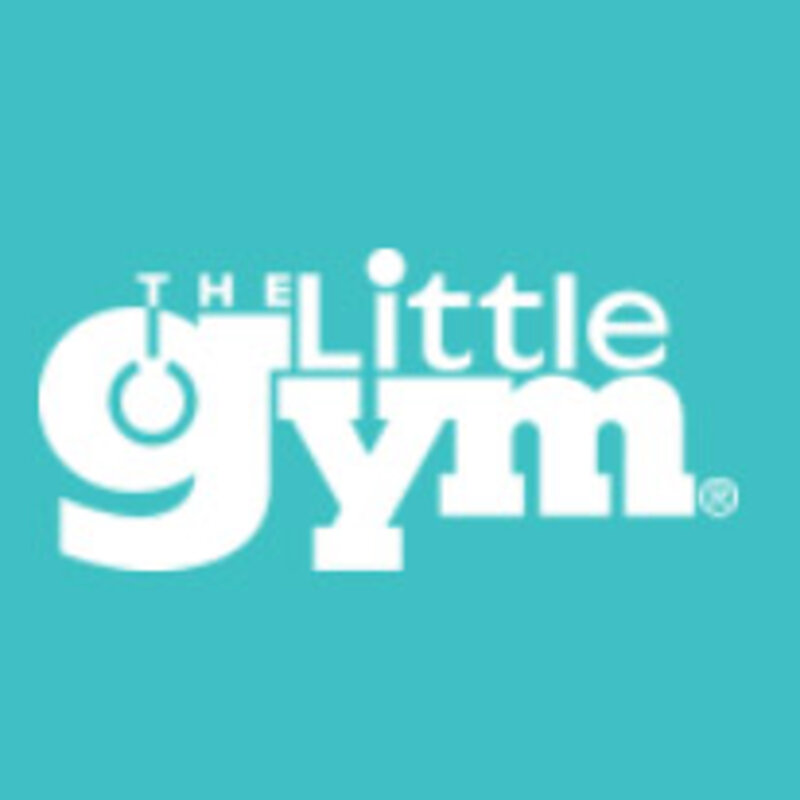
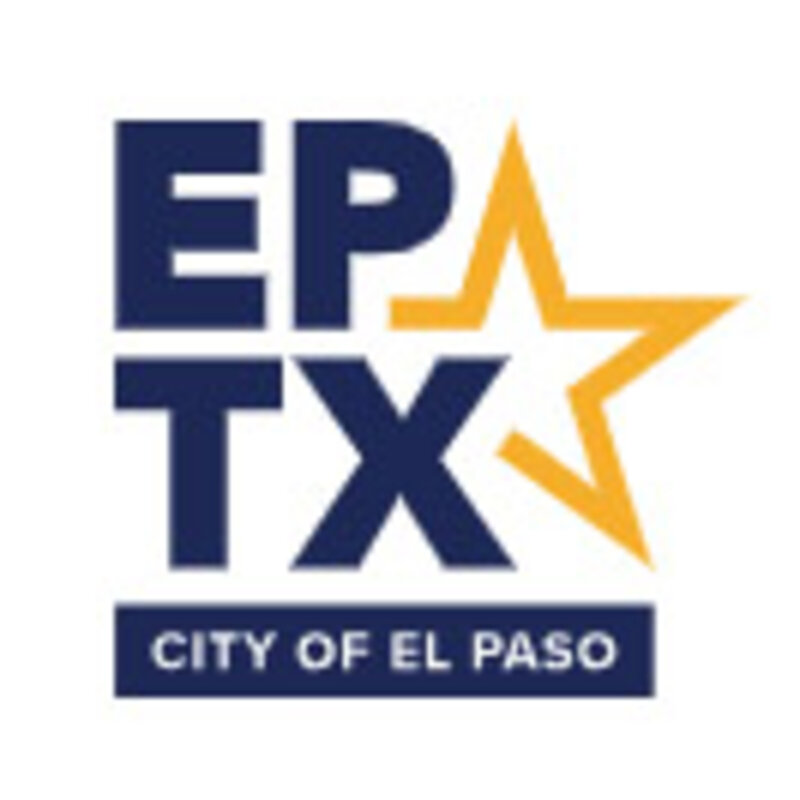
https://www.elpasotexas.gov/parks/centers/recreation-centers/
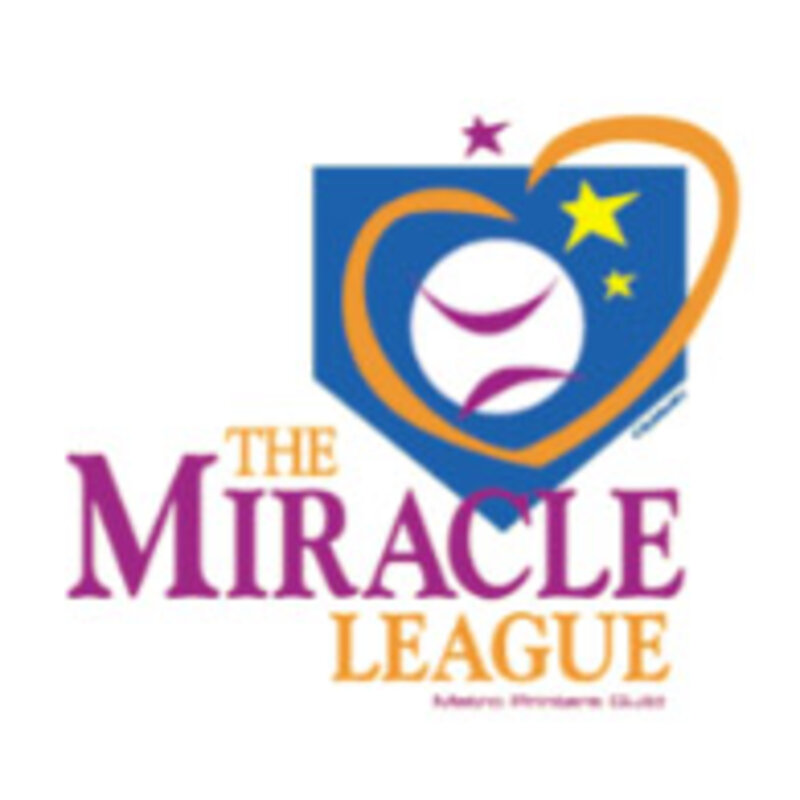
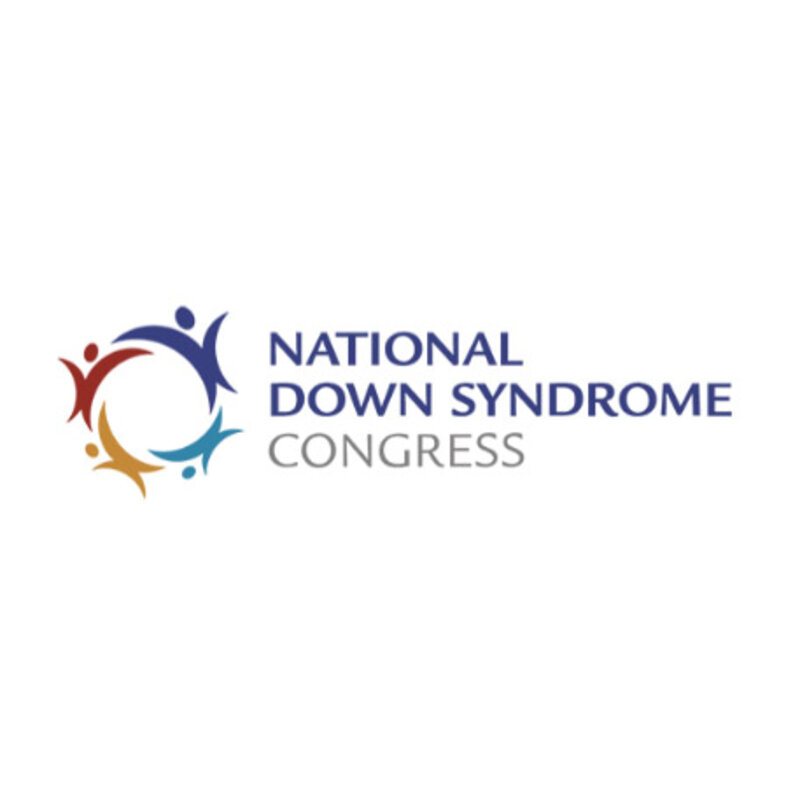
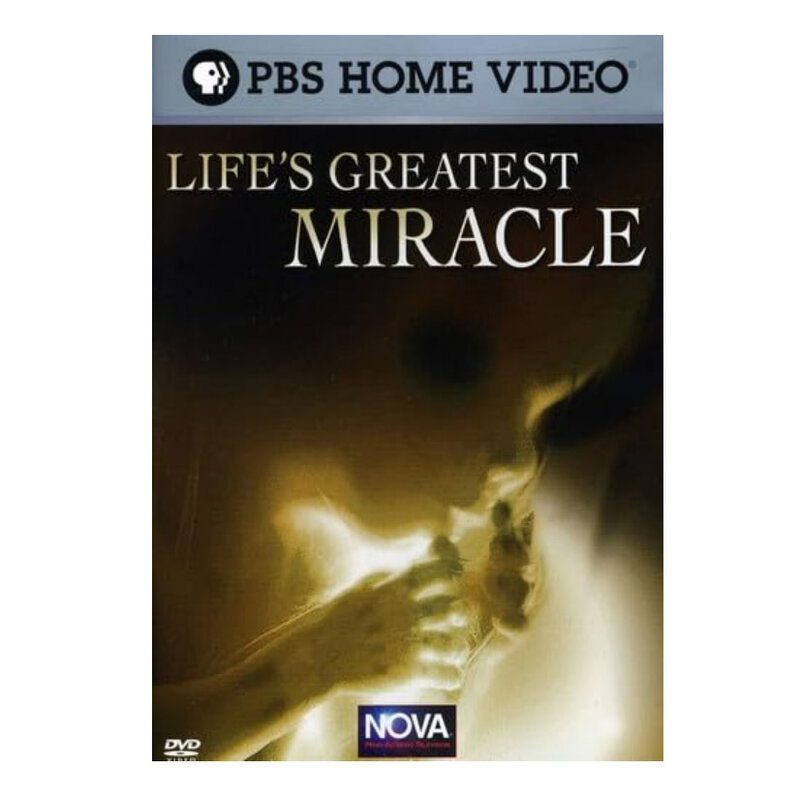
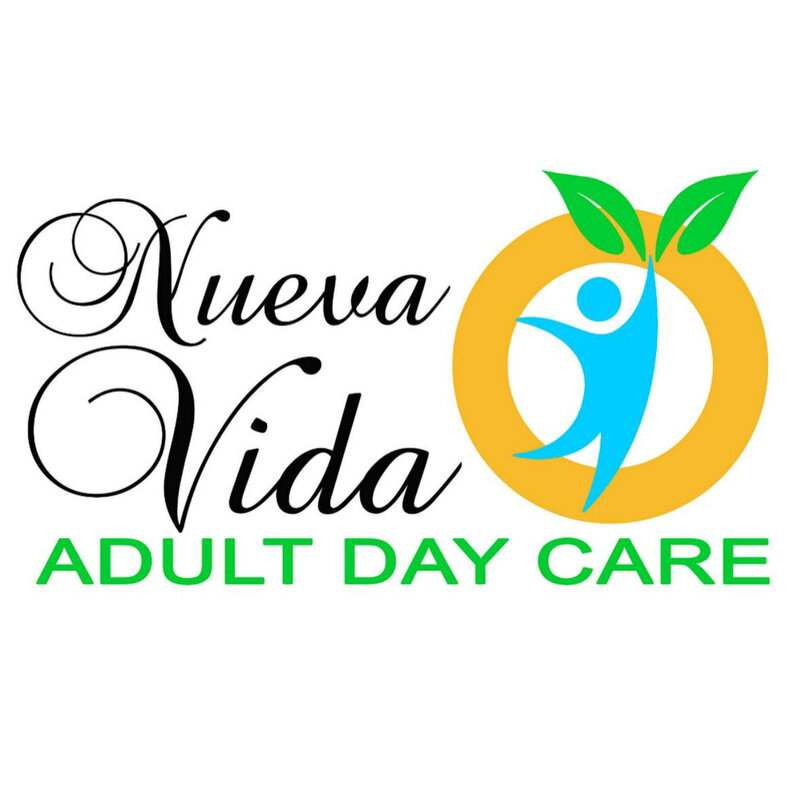
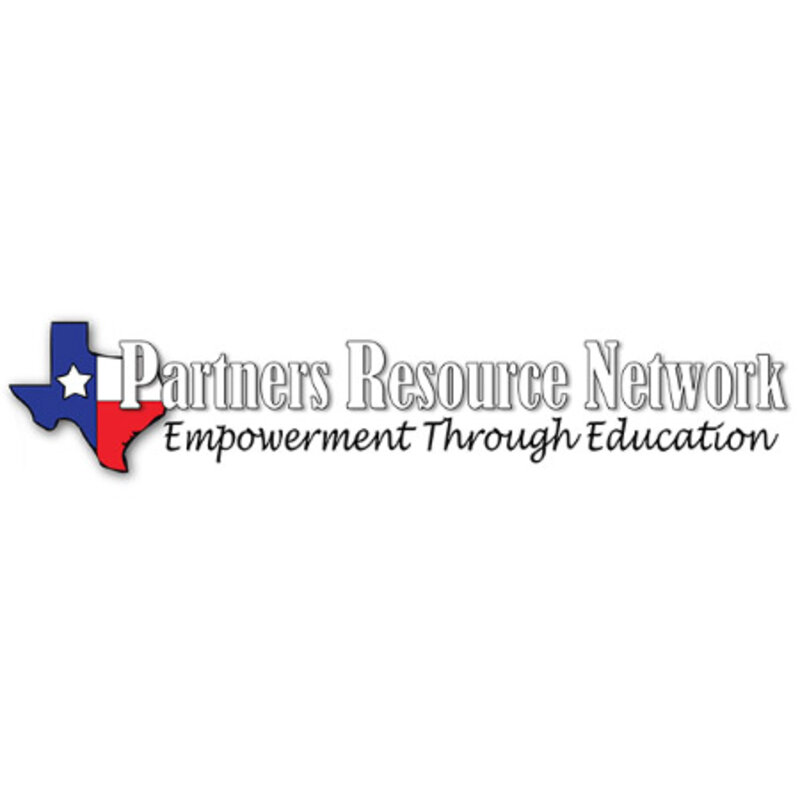
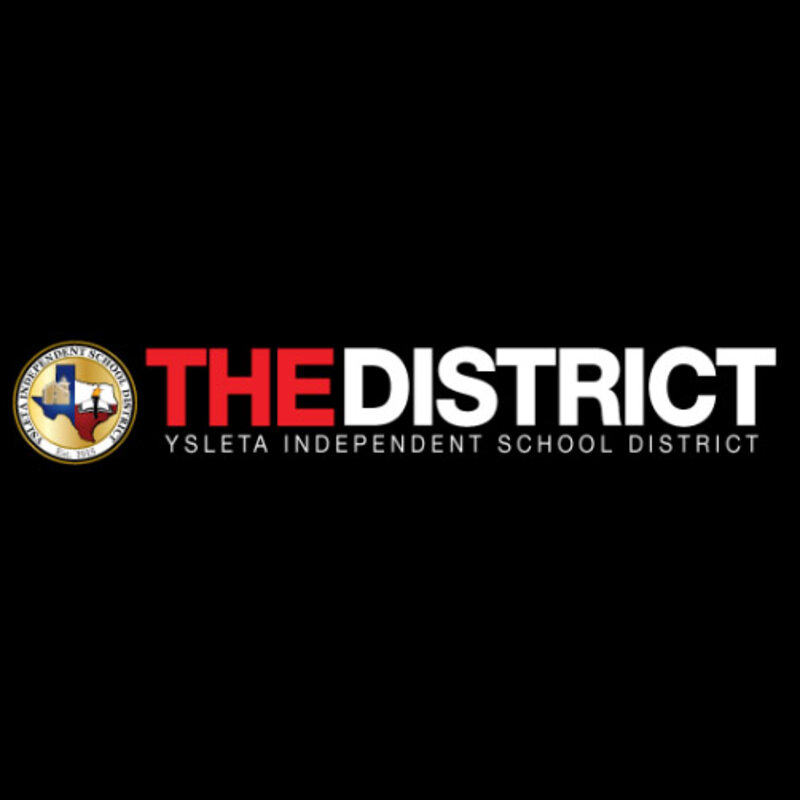
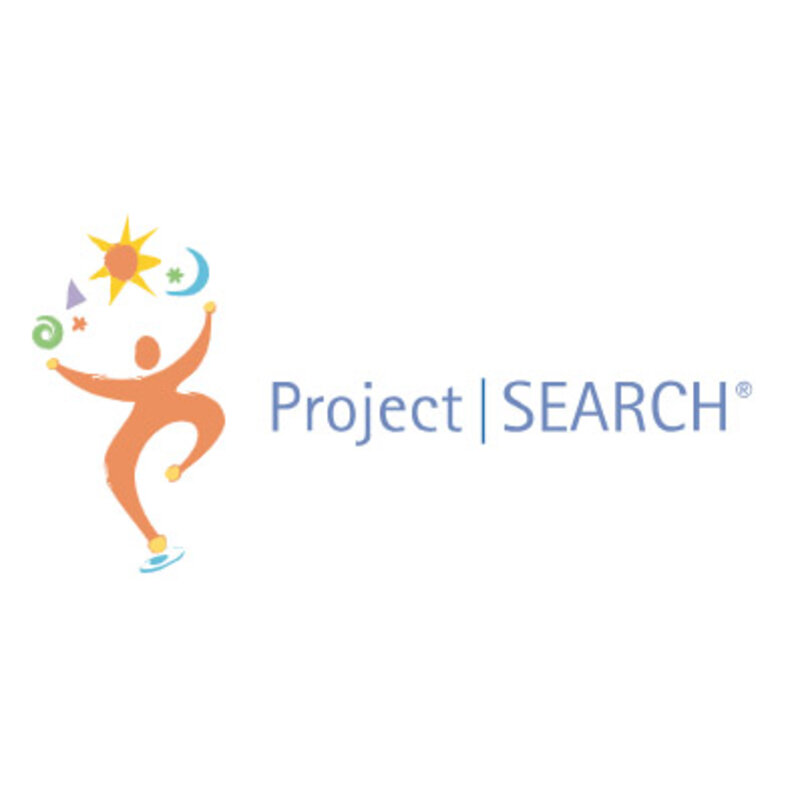
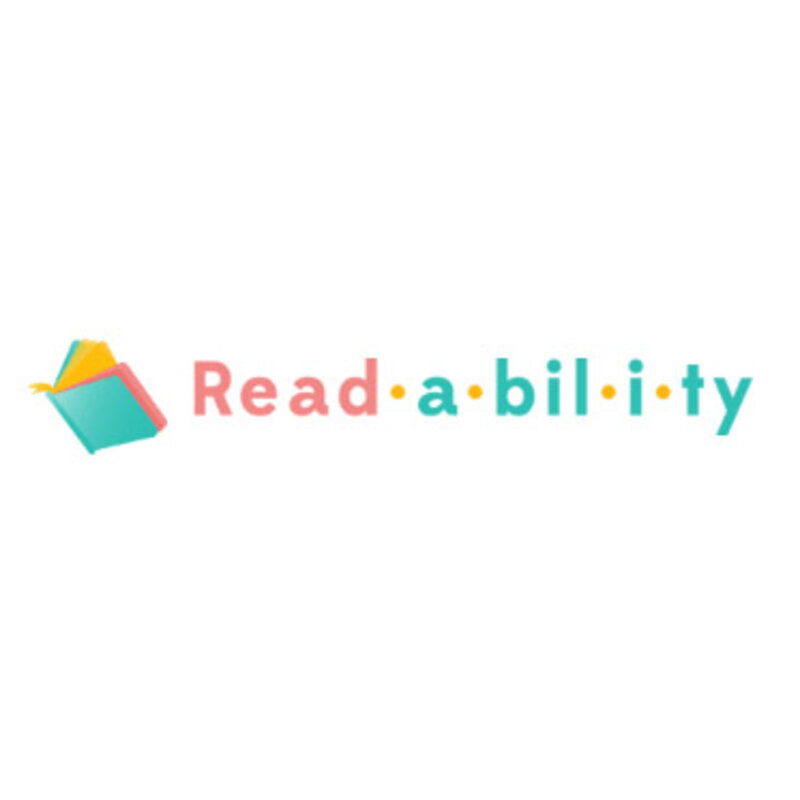
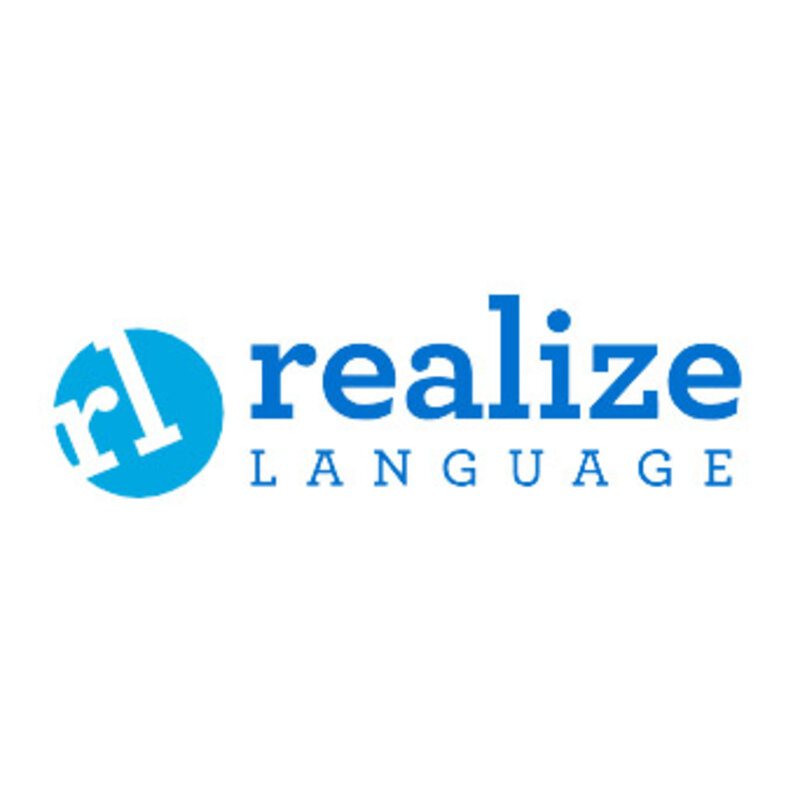
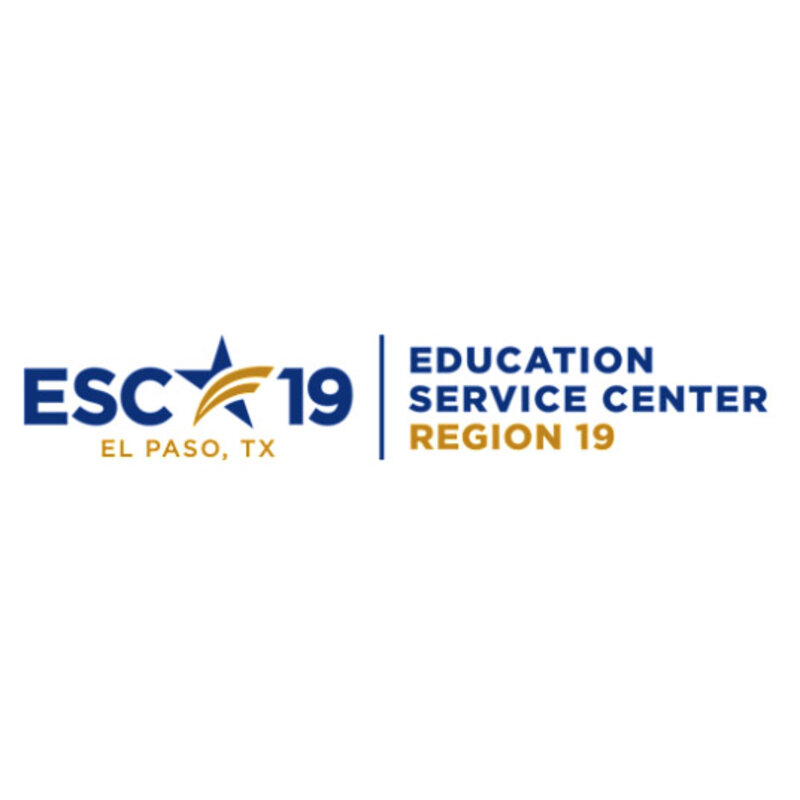

https://sites.google.com/sanpedromaldonado.org/spjm-parish/home-inicio?authuser=0

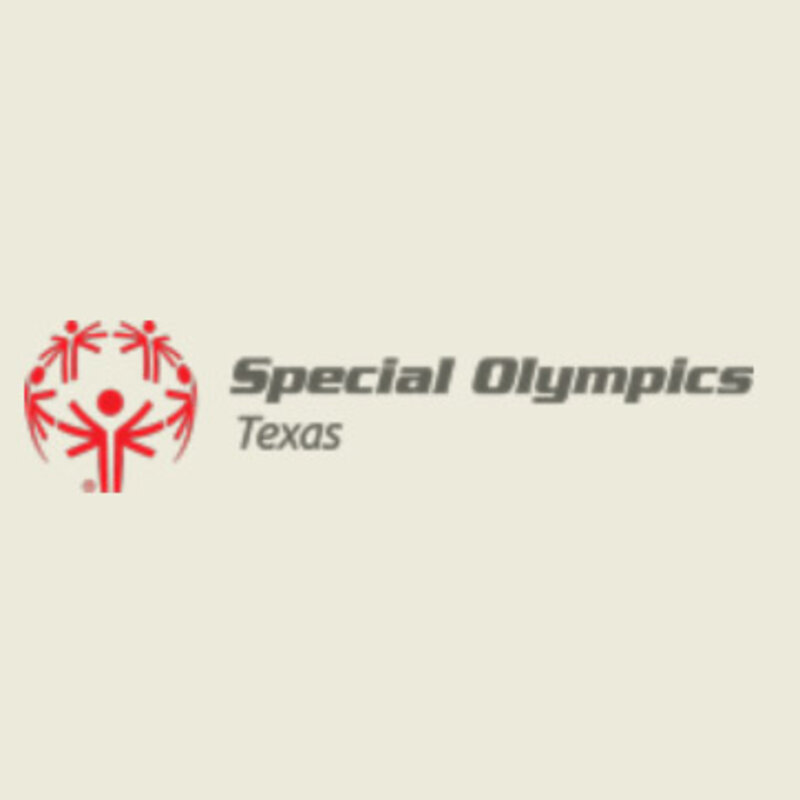
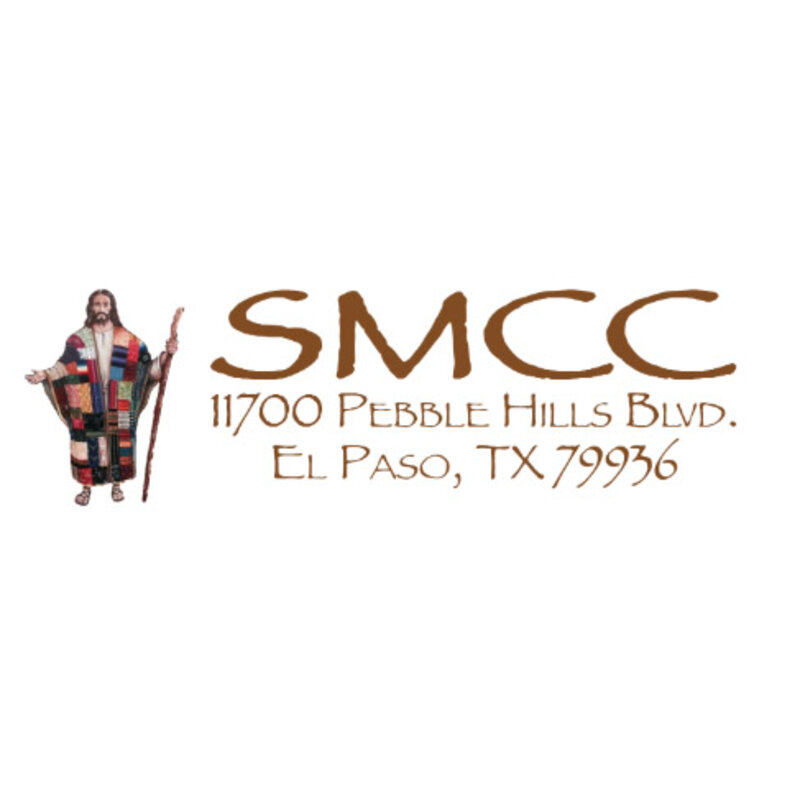

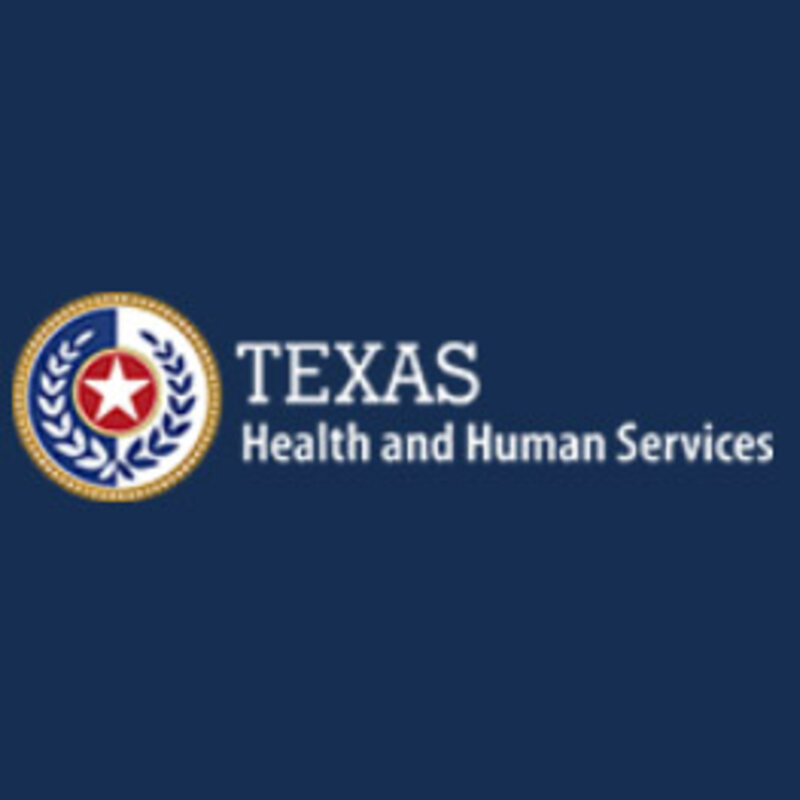
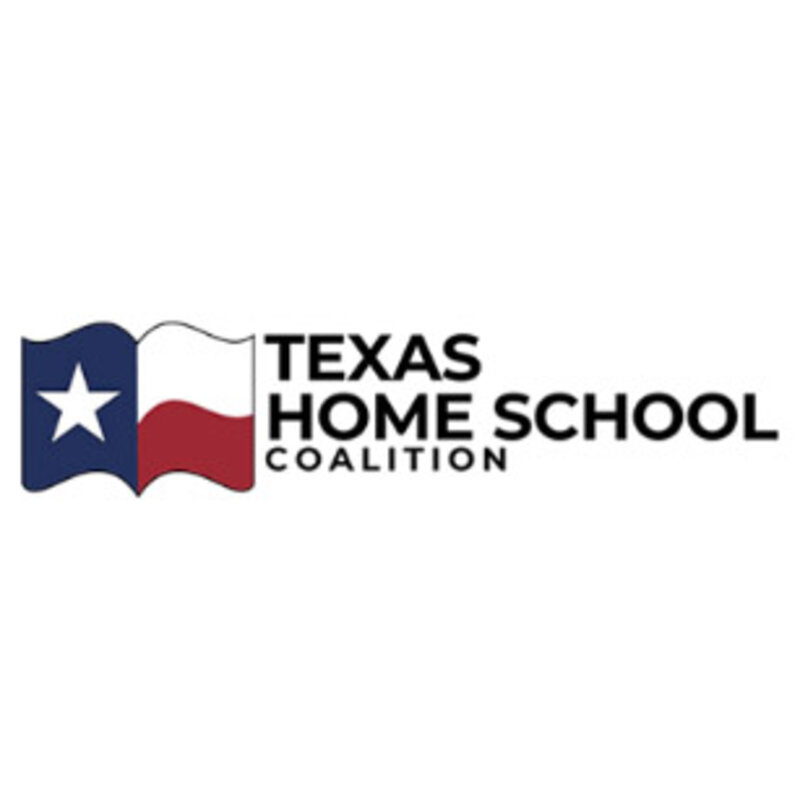
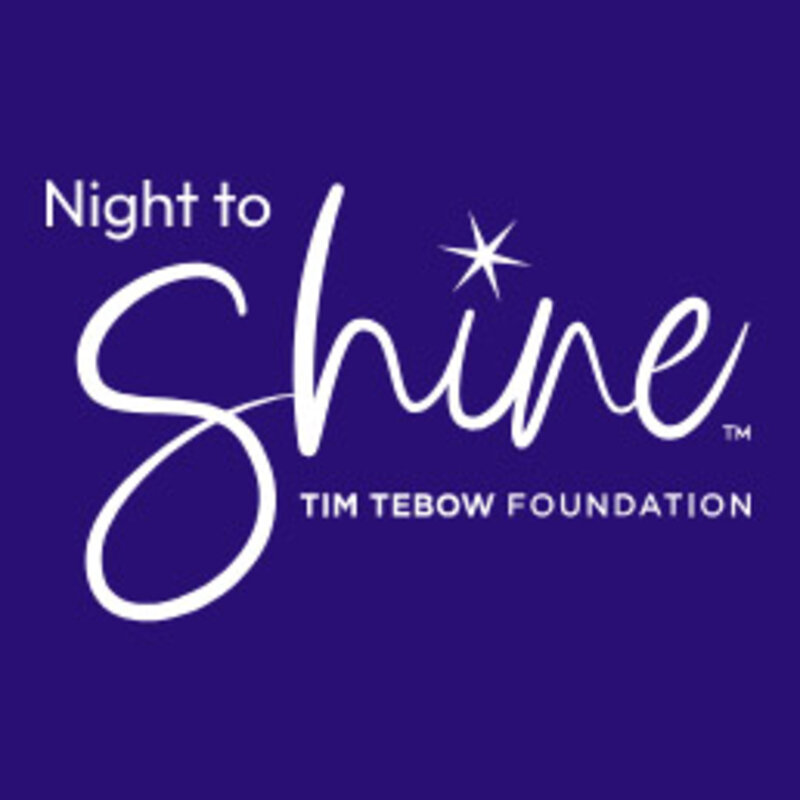
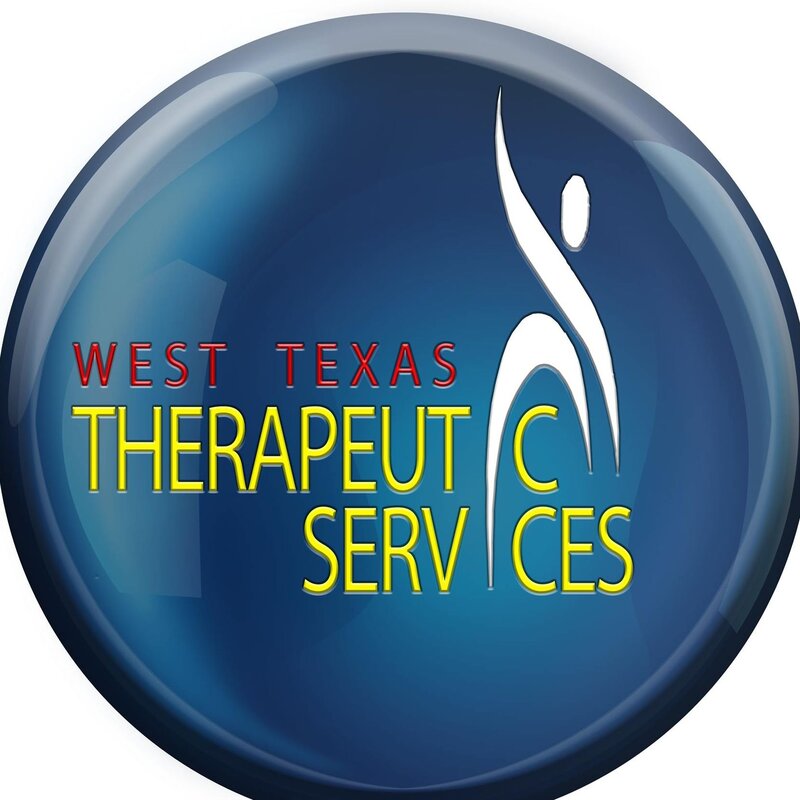

https://www.facebook.com/p/WWC-Westside-Welcome-Club-El-Paso-Tx-100082599349395/
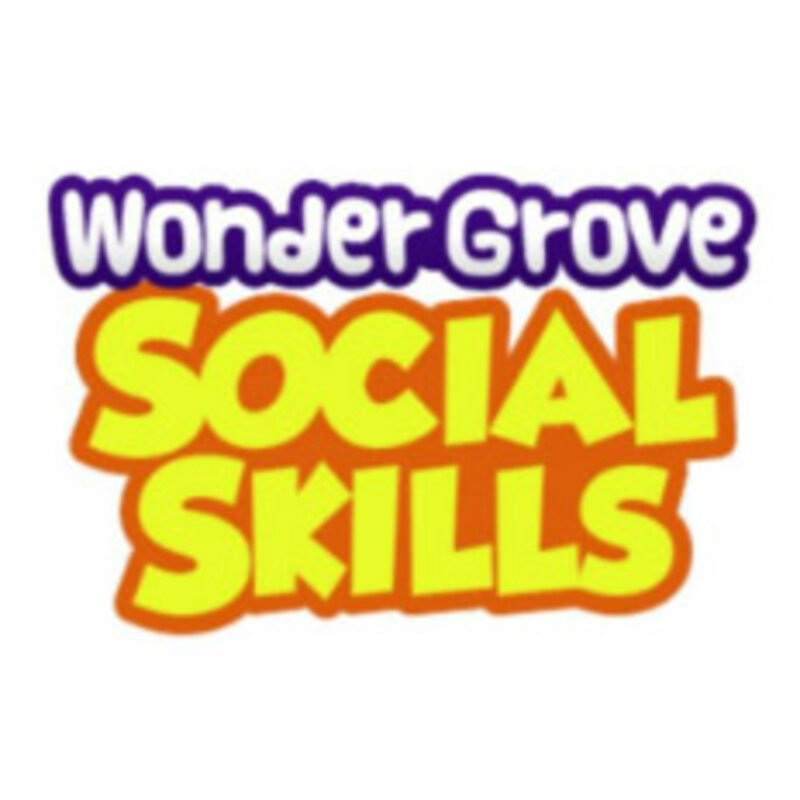
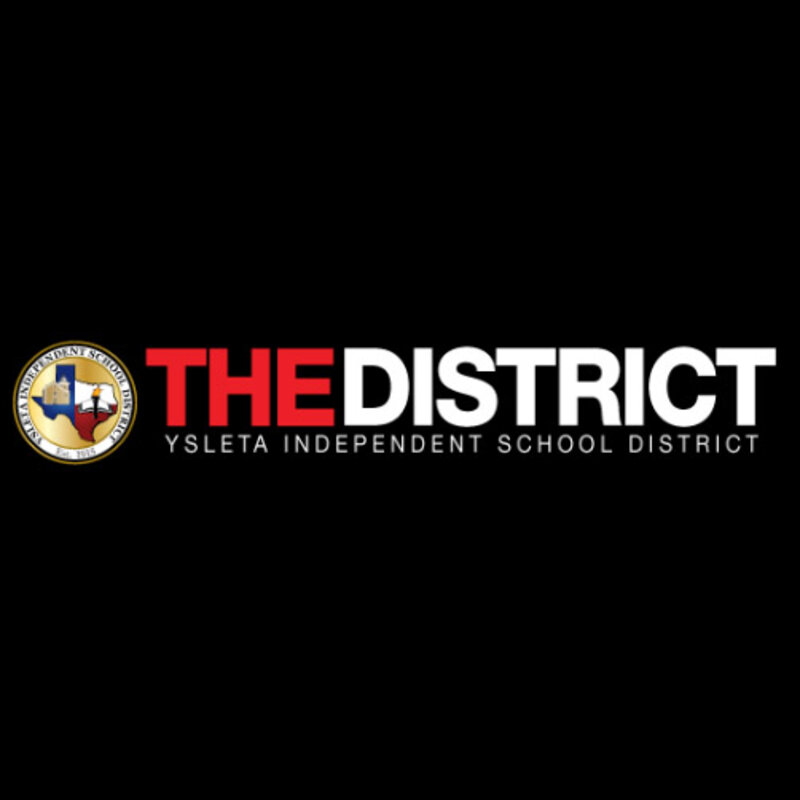

The following people and organizations played a vital role in the creation of this resource. I, Leslie Ann Ayala, am truly grateful for your support, encouragement, and shared commitment to the Down syndrome community in El Paso, Texas.
Bright Futures: A Transitional Resource Guide is a reflection of collective efforts, shared experiences, and a strong community committed to supporting individuals with Down syndrome and their families. Heartfelt thanks to everyone who contributed to its creation — your impact is deeply appreciated.
- The true storytellers of Bright Futures — the caregivers who generously shared their experiences, insights, advice, and trusted resources.
- A special note of gratitude to the children of these caregivers—your joy, resilience, and genuine hearts were a true source of inspiration throughout the creation of Bright Futures.
- My family for all of their love—especially my mother for her valuable feedback and ideas, and my father and brother for their unwavering support—not only throughout this project but in all of my life endeavors.
- UTEP OTD Faculty
-
- Dr. Stephanie Capshaw – UTEP OTD Capstone Coordinator
-
- Dr. Claudia Yagel – UTEP OTD Faculty Advisor
- Dr. Amelia Rau – Capstone Subject Matter Expert/Mentor
- El Paso Community Foundation
- Down Syndrome Coalition for El Paso President Priscilla Estrello
- Every Little Blessing Director Jessica Quinn
- Arc of El Paso Director Molly Saenz
- Next Chapter Book Club Facilitators Paola Perez Ganem and Jackie Terrazas
- Camp Kaleidoscope (Formerly known as Camp Kadima) Director Kelley Scott
- Emergence Health Network
- Jaime Castaneda – Software Developer
- Hello Amigo
- Raquel Lauretano – LCSW-S Senior Court Investigator-Guardianship Services El Paso County Statutory Probate Court No. 2
- UTEP College of Health Sciences Student Research Grant
- Amanda Prezioso – Artist of Bright Futures logo, created during her time at Camp Kaleidoscope 2025
- This project was created with support from ChatGPT (OpenAI, 2025).

AlShatti, A., AlKandari, D., AlMutairi, H., AlEbrahim, D., AlMutairi, A., AlAnsari, D., Abduljaleel, L., AlEnzi, H., AlFoudari, L., AlShaib, H., AlAzmi, K., & Ahmed, J. (2021). Caregivers’ perceptions and experience of caring for persons with Down syndrome in Kuwait: a qualitative study. International Journal of Developmental Disabilities, 67(5), pp. 381–390. https://doi.org/10.1080/20473869.2021.1910780
American Occupational Therapy Association. (2020). Occupational therapy practice framework: domain and process—fourth edition. American Journal of Occupational Therapy, 74(2), 7412410010p1–7412410010p87. doi: https://doi.org/10.5014/ajot.2020.74S2001
Antonarakis, S. E., Skotko, B. G., Rafii, M. S., Strydom, A., Pape, S. E., Bianchi, D. W., Sherman, S. L., & Reeves, R. H. (2020). Down syndrome. Nature Reviews Disease Primers, 6(1), 9. https://doi.org/10.1038/s41572-019-0143-7
Asim, A., Kumar, A., Muthuswamy, S., Jain, S., & Agarwal, S. (2015). Down syndrome: an insight of the disease. Journal of Biomedical Science, 22(41). DOI 10.1186/s12929-015-0138-y
Bull, M. J., Trotter, T., Santoro, S. L., Christensen, C., & Grout, R. W. (2022). Health supervision for children and adolescents with Down syndrome. Pediatrics, 149(5). https://doi.org/10.1542/peds.2022-057010
Carfi, A., Romano, A., Zaccaria, G., Villani, E. R., Gravina, E. A., Vetrano, D. L., Bernabei, R (2020). The burden of chronic disease, multimorbidity, and polypharmacy in adults with Down syndrome. American Journal of Medical Genetics, 182(7), pp. 1735-1743. DOI: 10.1002/ajmg.a.61636
Crossman, M.K., Parish, S.L., Hauser-Cram, P., Garcia, D.A., & Warfield, M.E. (2018). The influence of early intervention, informal support and the family environment on trajectories of competence for fathers raising children with developmental disabilities. Research in Developmental Disabilities, 81, pp. 122–133. DOI 10.1016/j.ridd.2018.04.025
De La Garza, E., Scott, A., Hillerstrom, H., Hendrix, J., & Rubenstein, E. (2023). Caregivers’ concerns and supports needed to care for adults with Down syndrome. American Journal of Medical Genetics, 196,(1). https://doi.org/10.1002/ajmg.c.32041 Demers L. (2022). Expanding occupational therapy perspectives with family caregivers. Canadian Journal of Occupational Therapy, 89(3), 223–237. https://doi.org/10.1177/00084174221103952
Dias, C., Schwertner, C., Grando, D., Bidinotto, A. B., Hilgert, J. B., Schuch, J. B., Araujo de Azeredo, L., Bauer, M. E., Hashizume L. N. (2022). Caregiving of children with Down syndrome: Impact on quality of life, stress, mental and oral health. Special Care in Dentistry, 42, pp. 98-403. https://doi-org.utep.idm.oclc.org/10.1111/scd.12694
Gonzalo-Ciria, L., Gascón-Catalán, A., Laborda-Soriano, A. A., Cambra-Aliaga, A., Ruiz-Garrós, M. C., Perez-de-Heredia-Torres, M. (2024). Difficulties fulfilling self-care needs among family caregivers: an observational study. American Journal of Occupational Therapy, 78(3), 7803205020. doi: https://doi.org/10.5014/ajot.2024.050528
Grane, F. M., Lynn, F., Balfe, J., Molloy, E., & March, L. (2023). Down syndrome: parental experiences of a postnatal diagnosis. Journal of Intellectual Disabilities, 27(4), pp. 1032-1044. https://doi.org/10.1177/17446295221106151
Hart, K. M. & Neil, N. (2021). Down syndrome caregivers’ support needs: a mixed-method participatory approach. Journal of Intellectual Disability Research, 65(1), pp.60-76. doi: 10.1111/jir.12791
Jacobs, R., Boyd, L., Brennan, K., Sinha, C. K., & Giuliani, S. (2016). The importance of social media for patients and families affected by congenital anomalies: A Facebook cross-sectional analysis and user survey. Journal of Pediatric Surgery, 51(11), pp. 1766–1771. https://doi.org/10.1016/j.jpedsurg.2016.07.008
Jaffe, L., Cosper, S., & Fabrizi, S. (2020). Occupational therapy view of child development. In J. C. O’Brien & H. Kuhaneck (Eds.), Occupational Therapy for Children and Adolescents (pp. 183-290). Elsevier.
Krueger, K., Cless, J. D., Dyster, M., Reves, M., Steele, R., & Nelson Goff, B. S. (2019). Understanding the systems, contexts, behaviors, and strategies of parents advocating for their children with Down Syndrome. Intellectual and Developmental Disabilities, 57(2), pp. 146–157. https://doi.org/10.1352/1934-9556-57.2.146
Peters, V. J. T., Bok, L. A., De Beer, L., Van Rooij, J. J. M., Meijboom, B.R., & Bunt, J. E. H. (2021). Destination unknown: Parents and healthcare professionals’ perspectives on transition from pediatric to adult care in Down syndrome. Journal of Applied Research in Intellectual Disability, 35(5), pp. 1208-1216. doi: 10.1111/jar.13015.
Sciscione, P. (2022). The experience of caregiving for an adult sibling with Down syndrome. Home Health Care Management & Practice, 34(1), pp. 3-8. doi:10.1177/10848223211027861
Skelton, B., Knafl, K., Van Riper, M., Fleming, L., Swallow V. (2021). Care coordination needs of families of children with Down syndrome: A scoping review to inform development of mHealth applications for families. Children, 8(7), 558. https://doi.org/10.3390/children8070558
Slingerland,G., Kooijman, J., Lukosch, S., Comes, T., & Brazier, F. (2023). The power of stories: A framework to orchestrate reflection in urban storytelling to form stronger communities. Community Development, 54(1), pp. 18-37. DOI: 10.1080/15575330.2021.1998169

